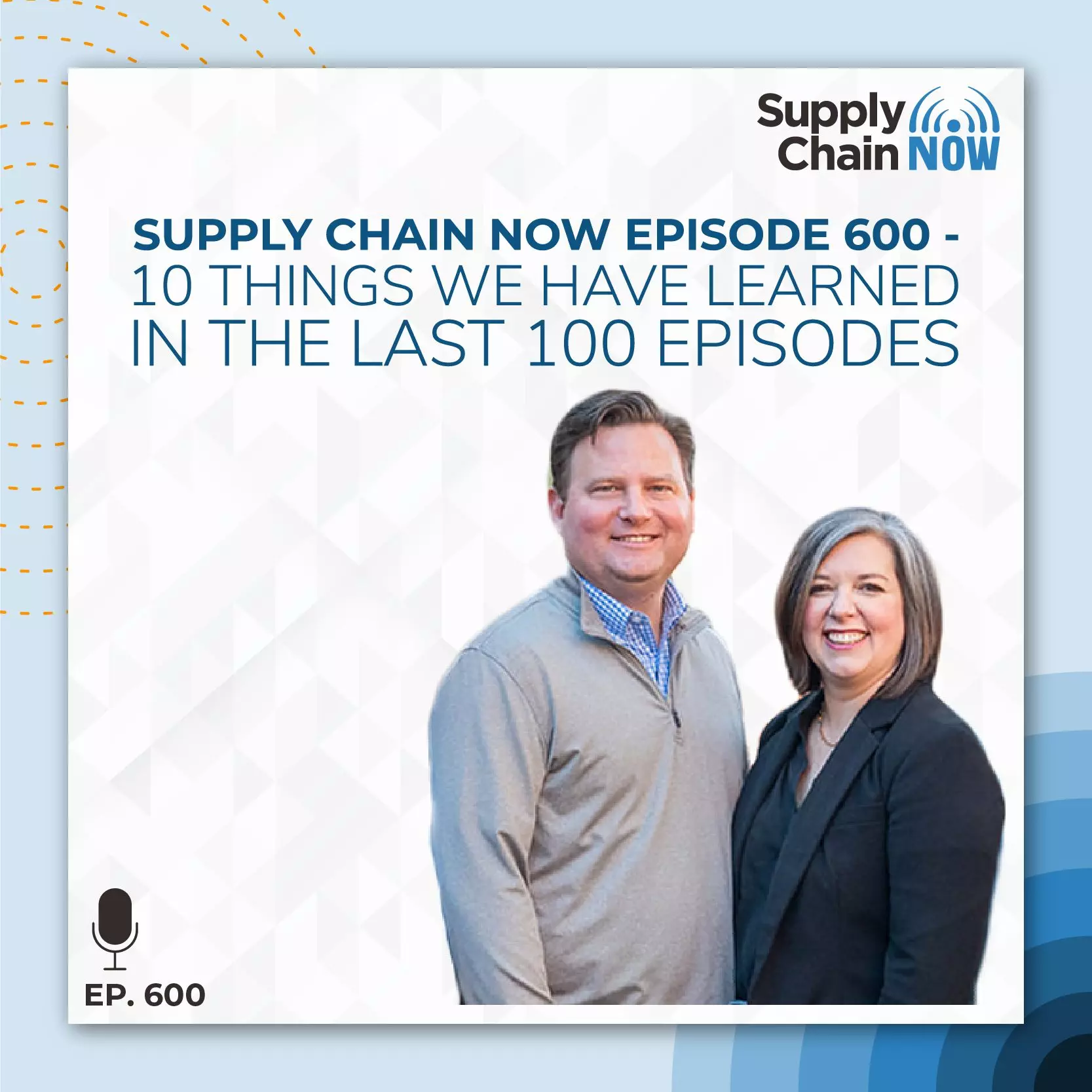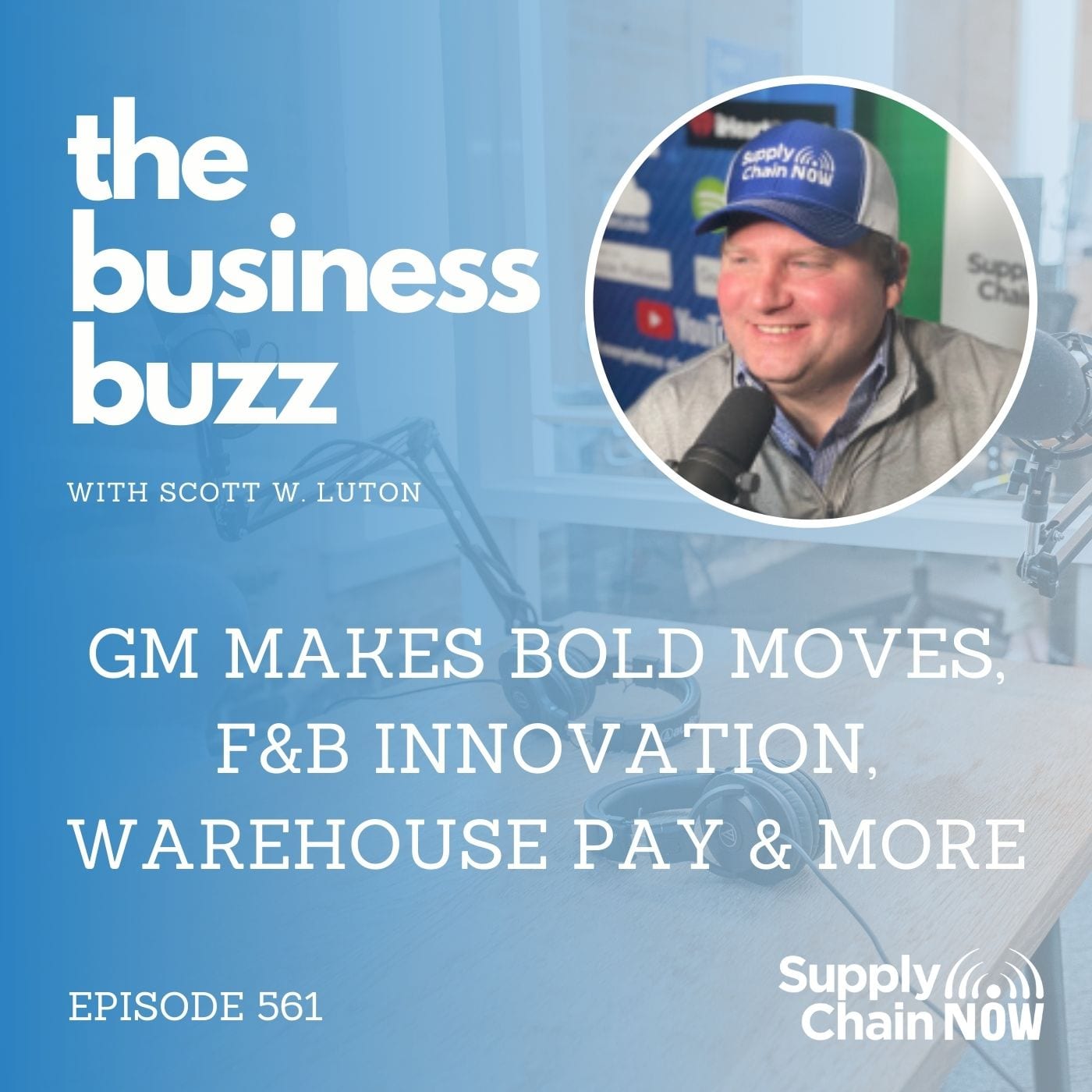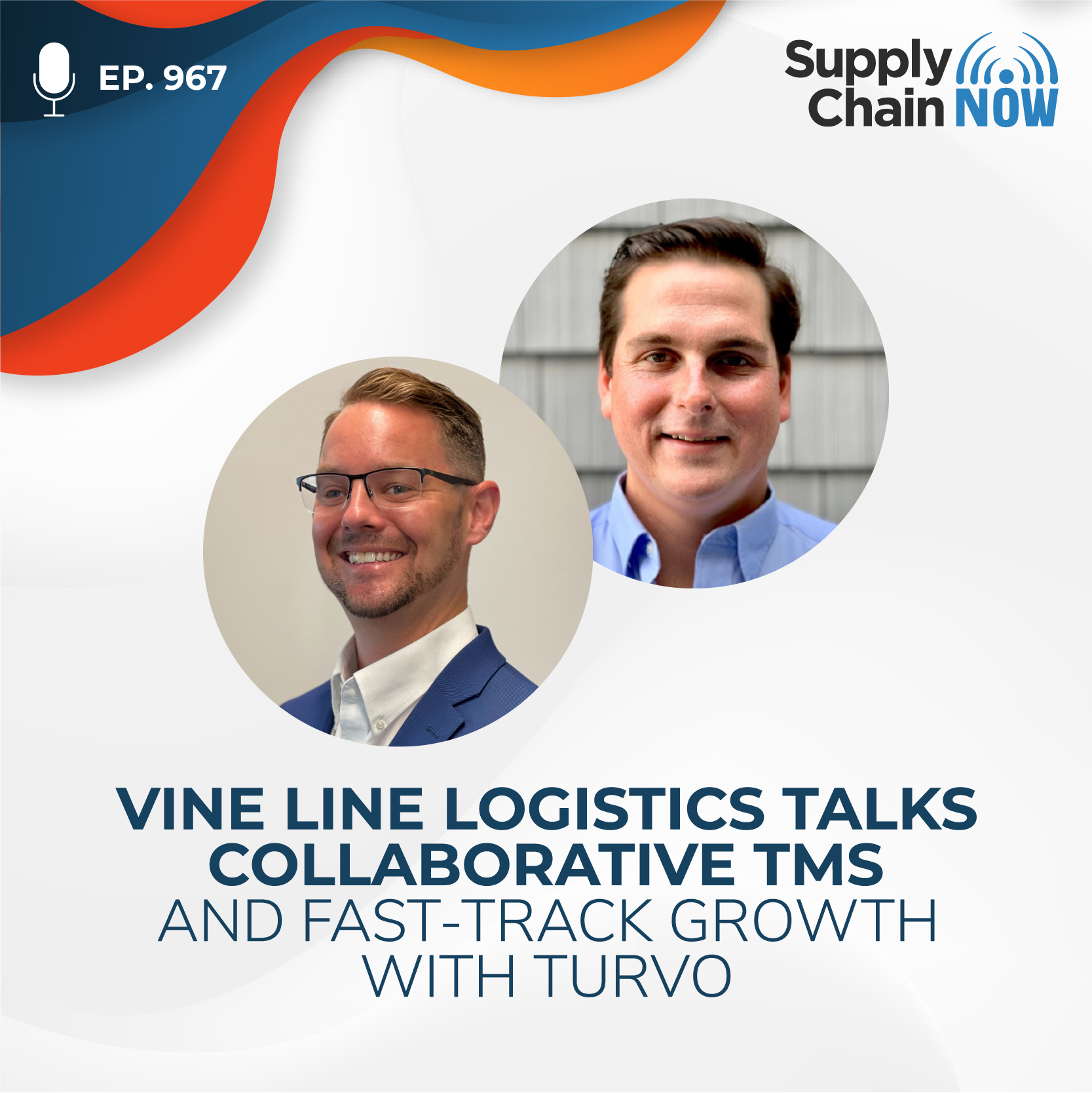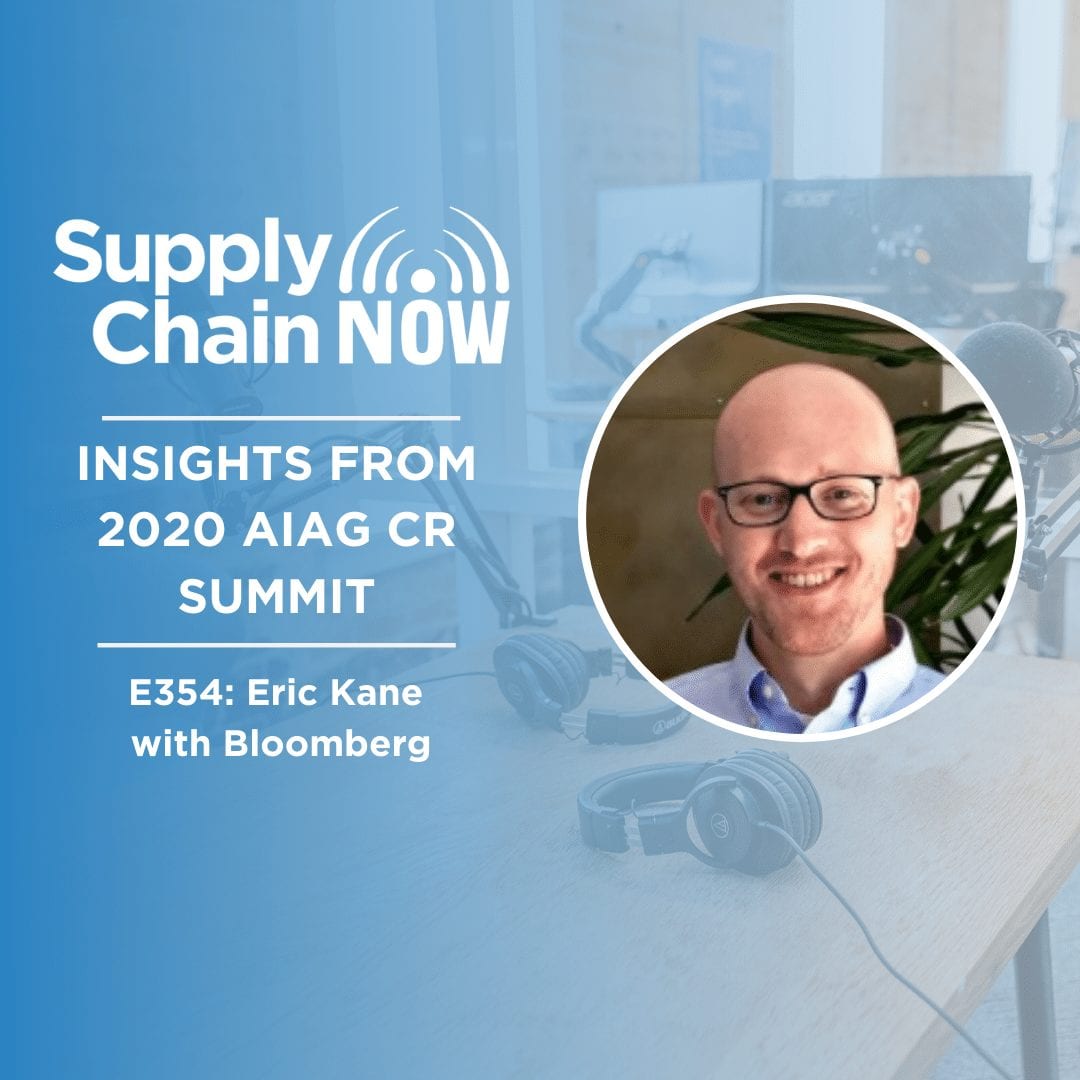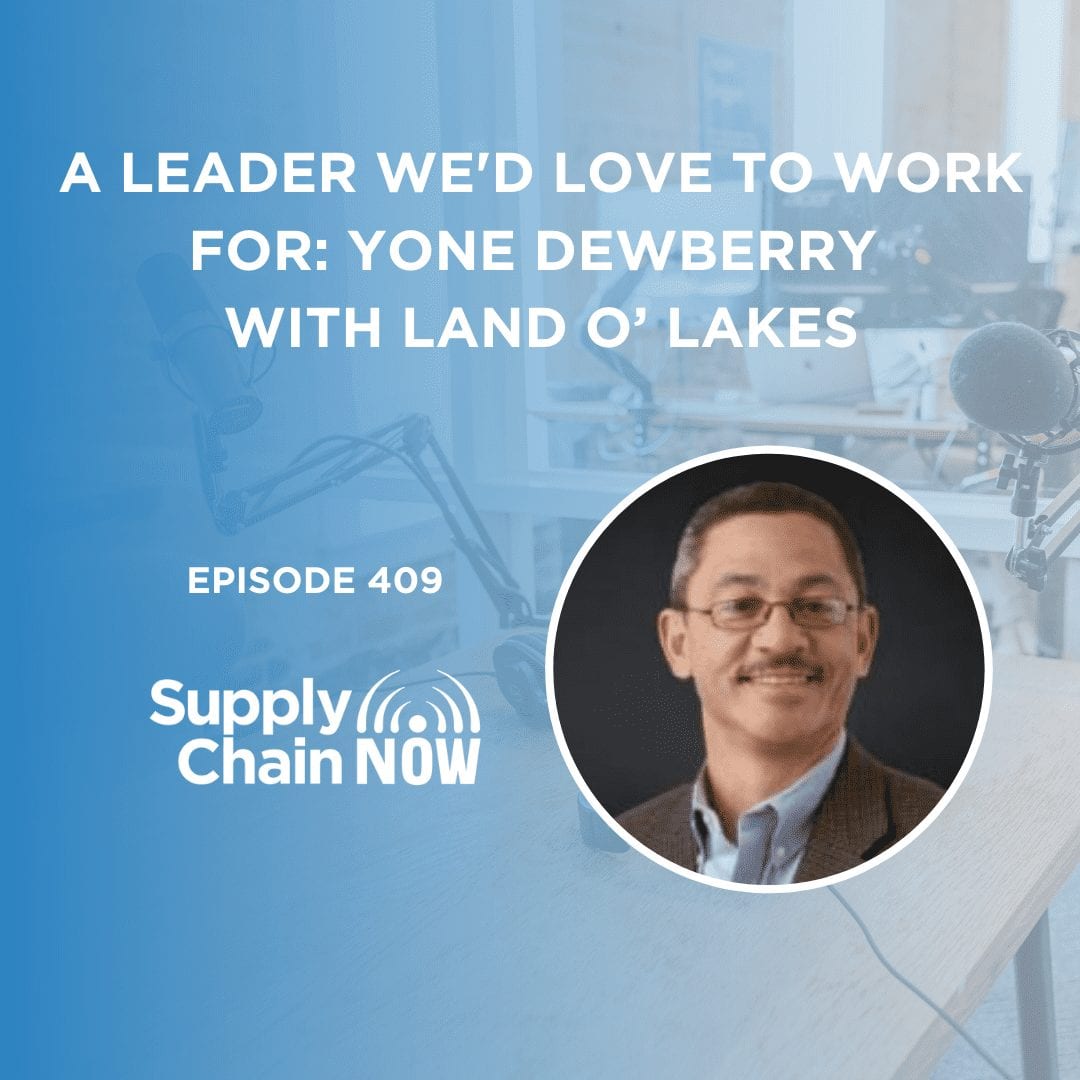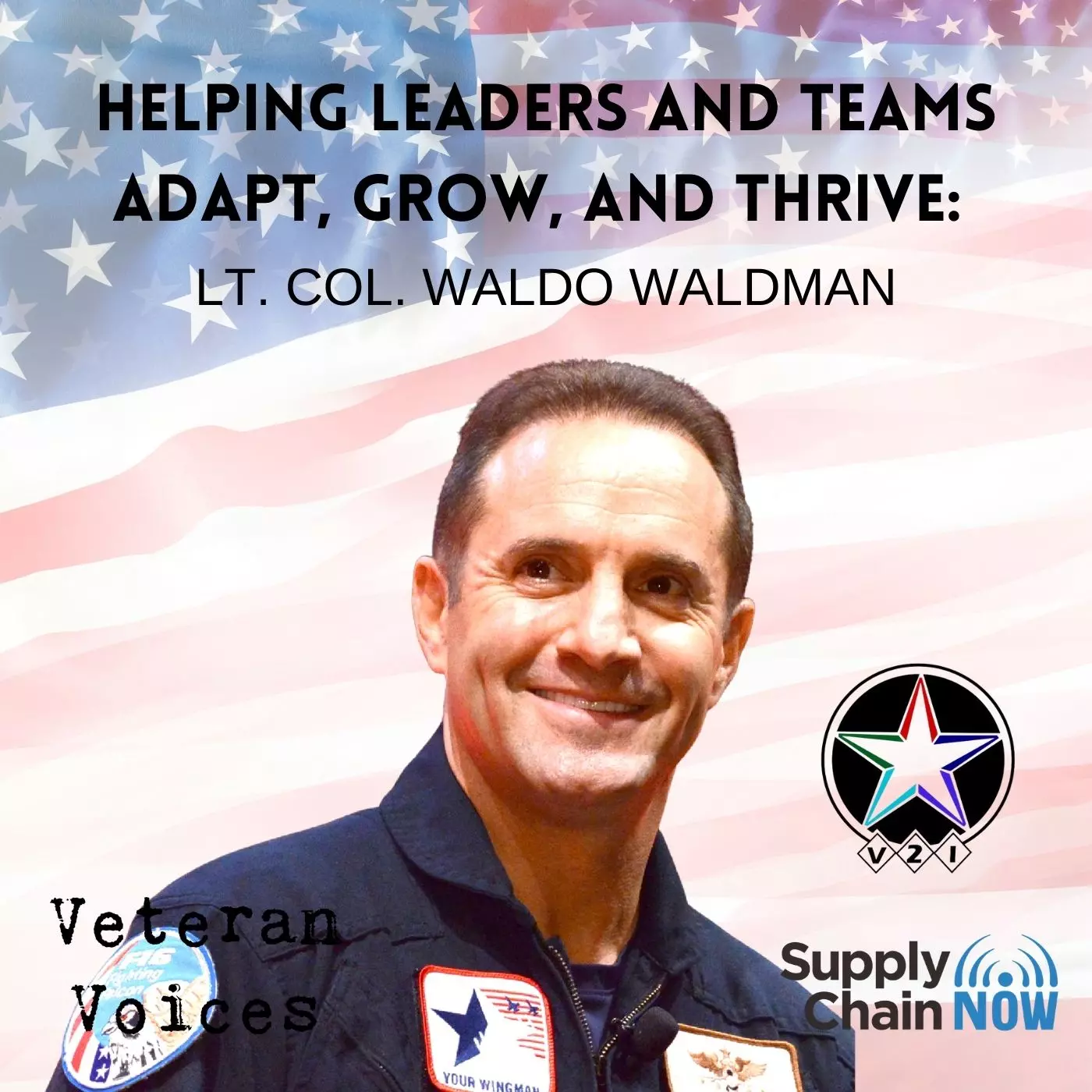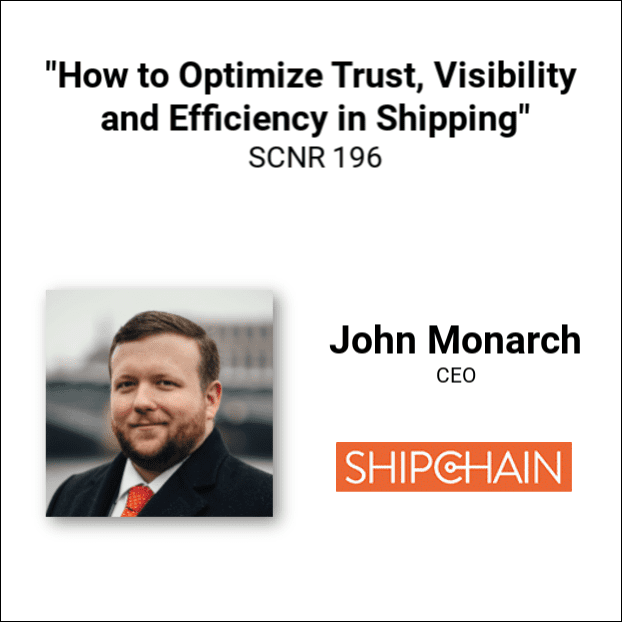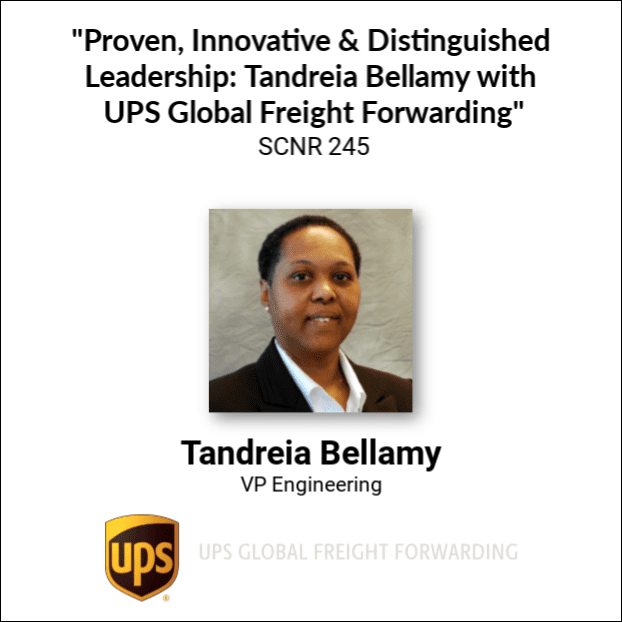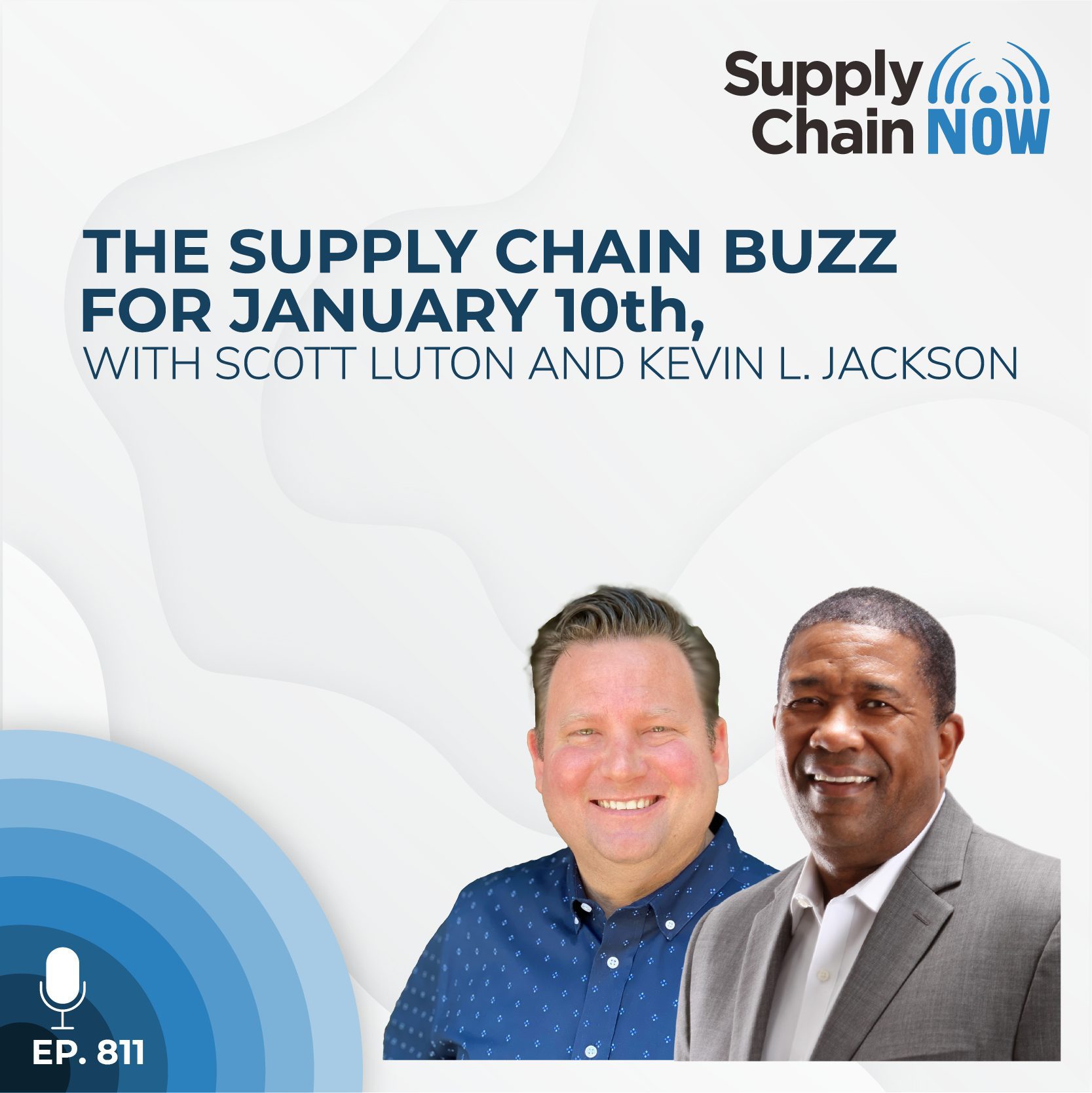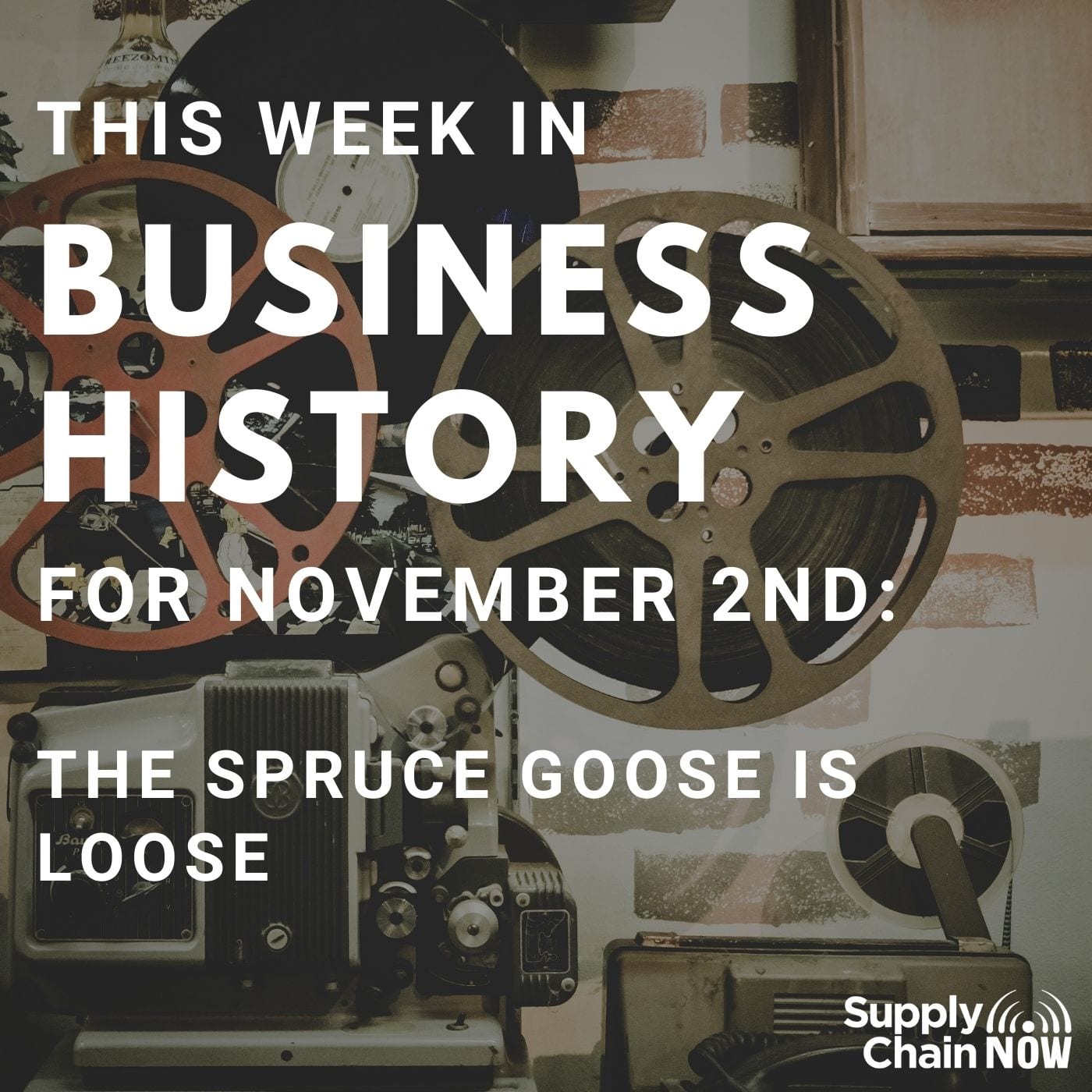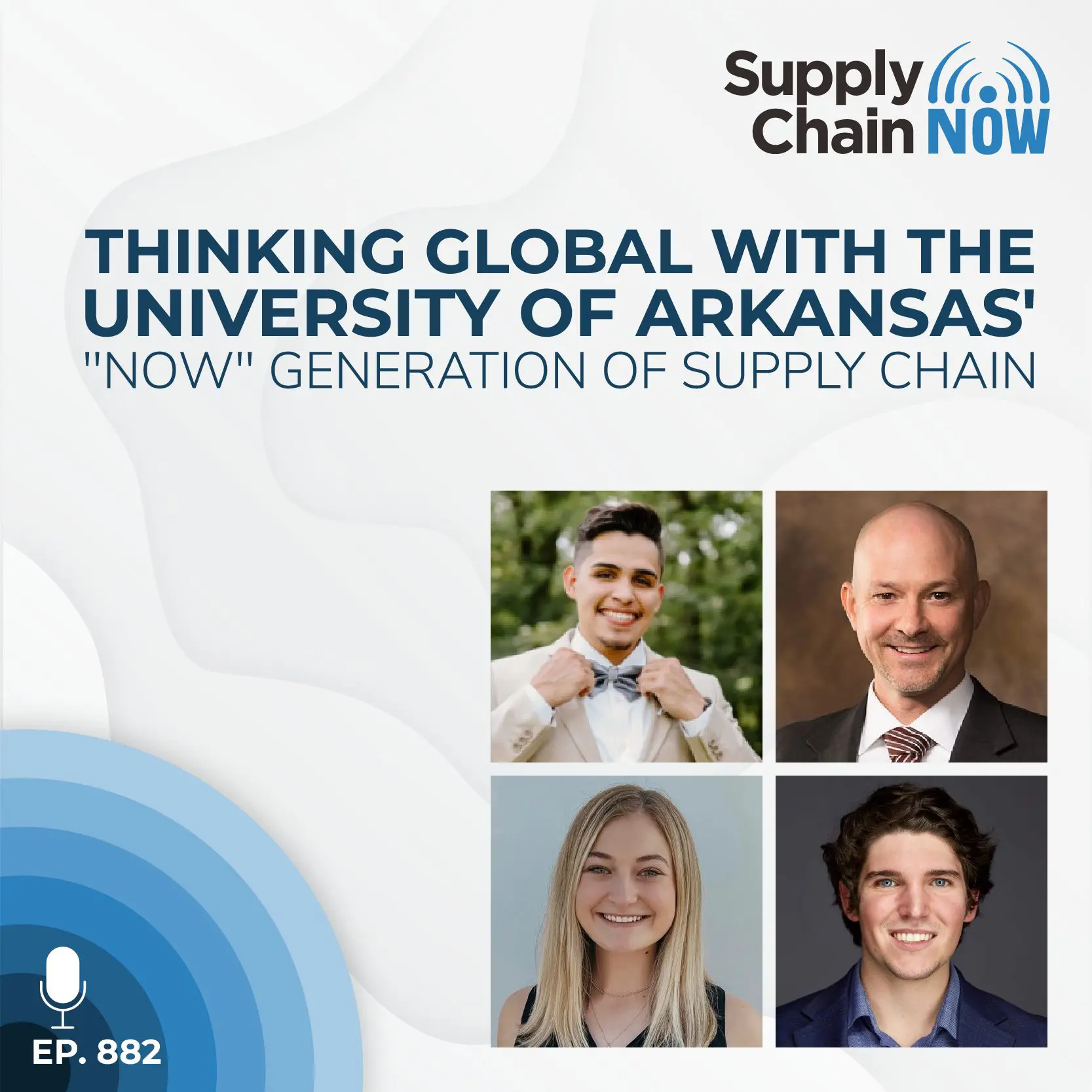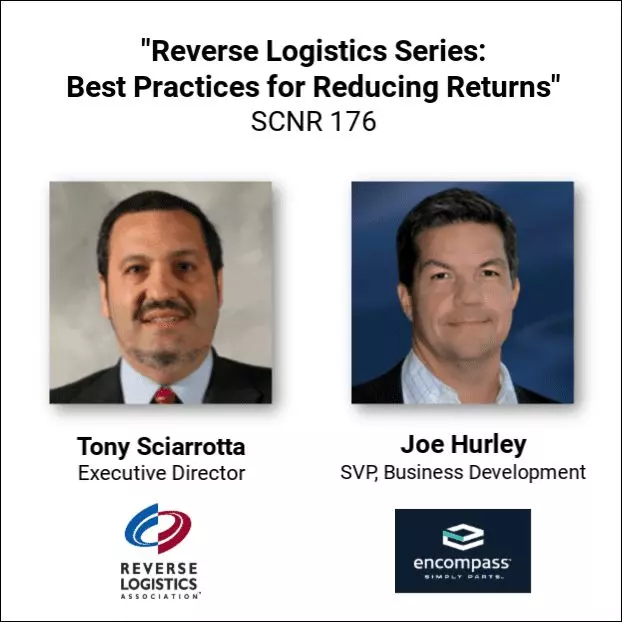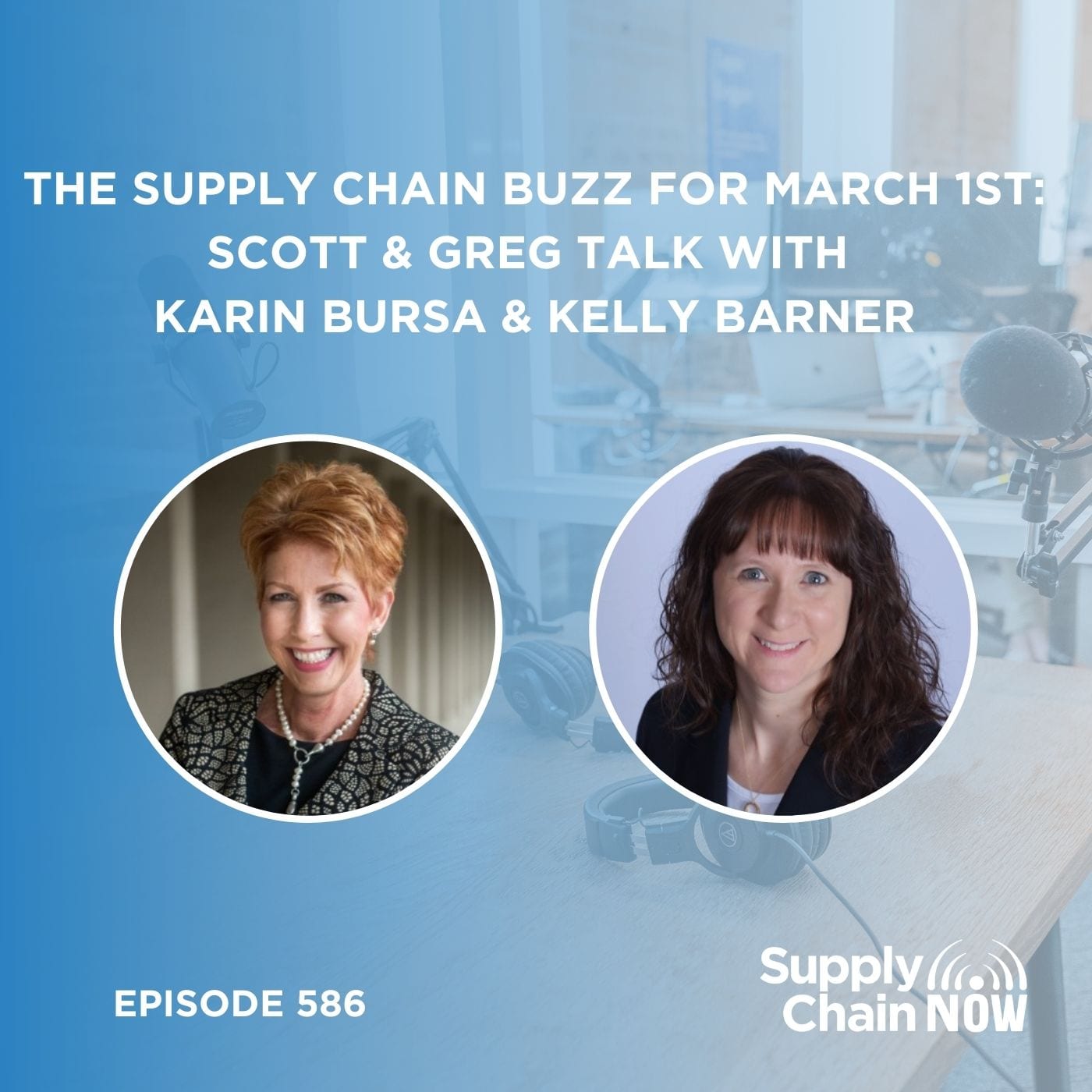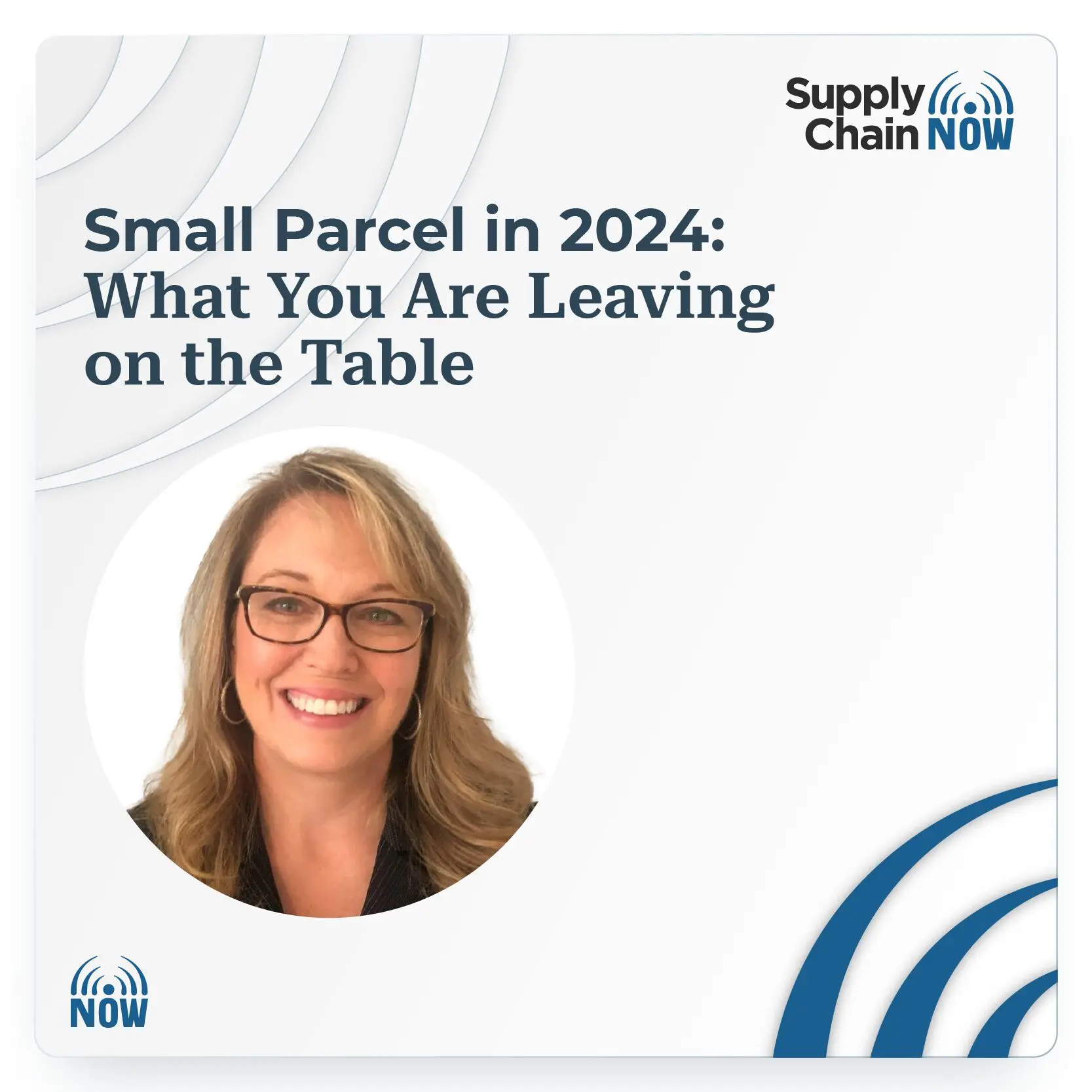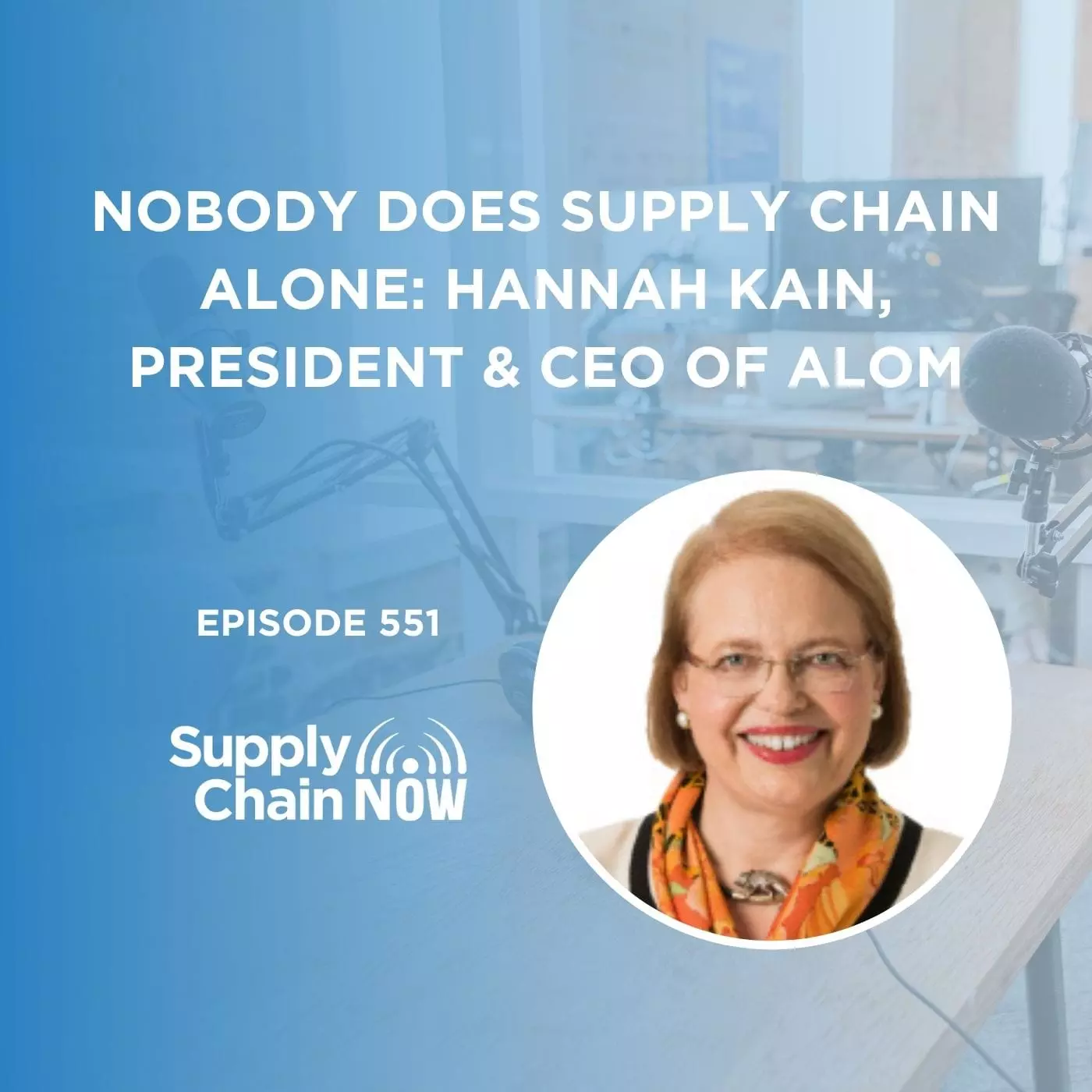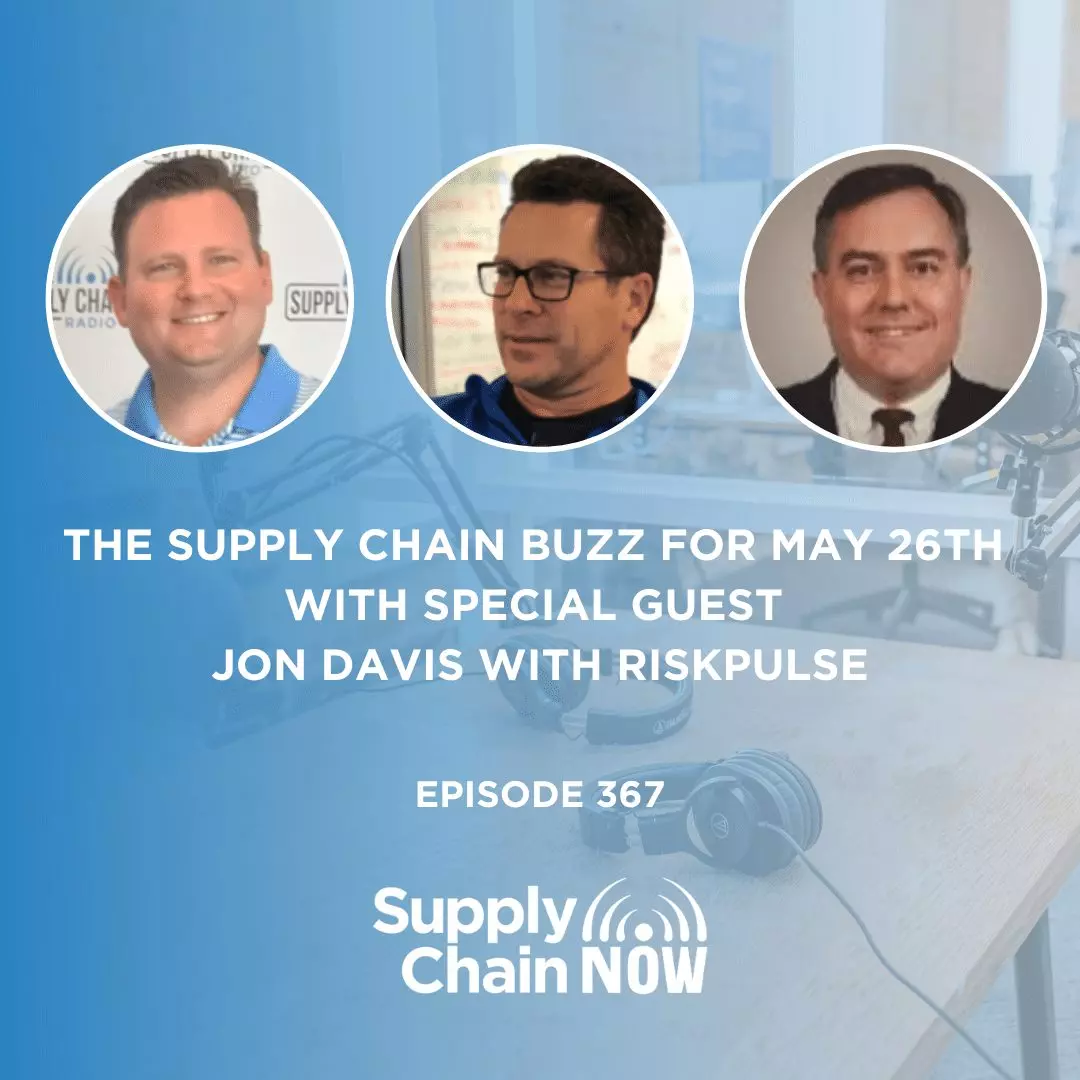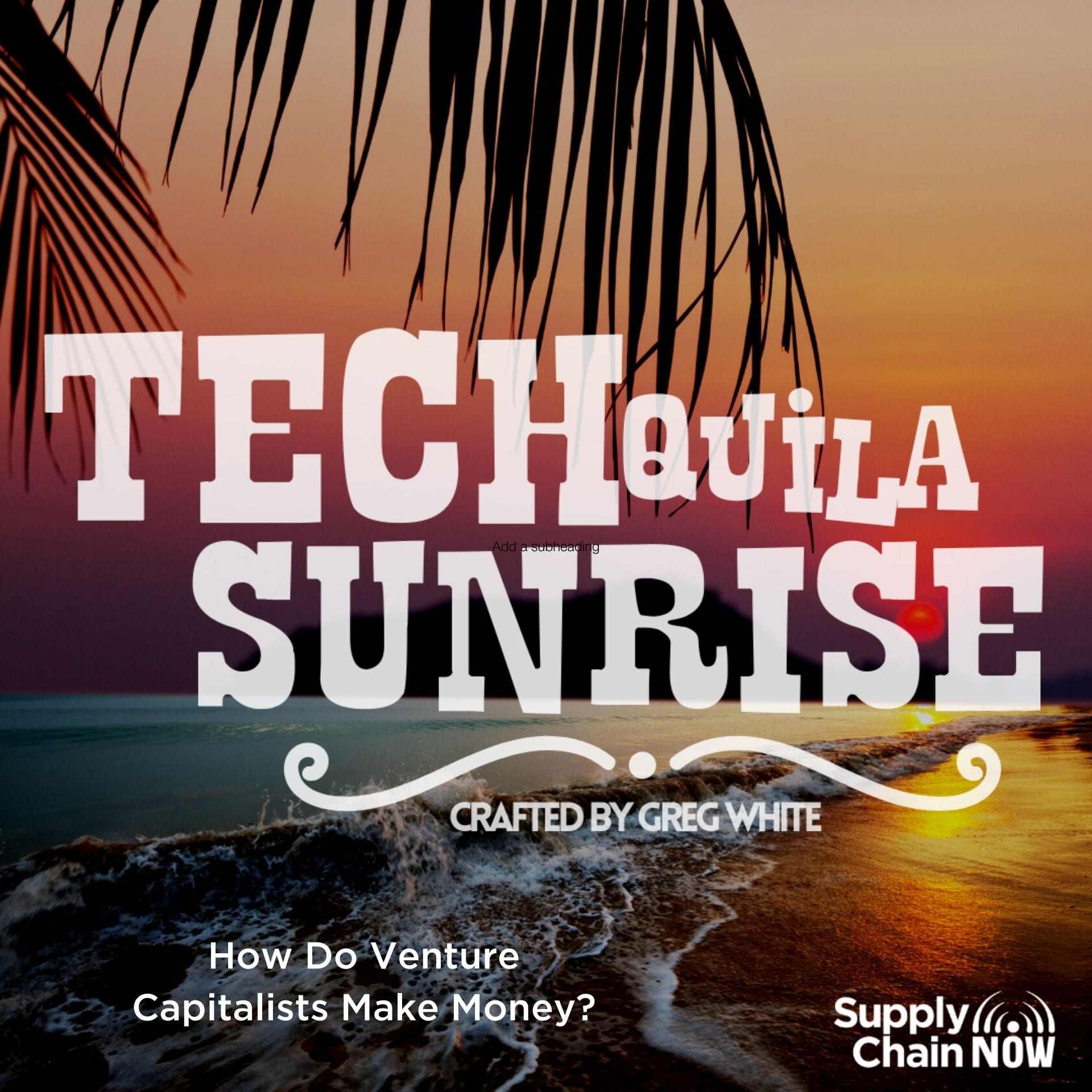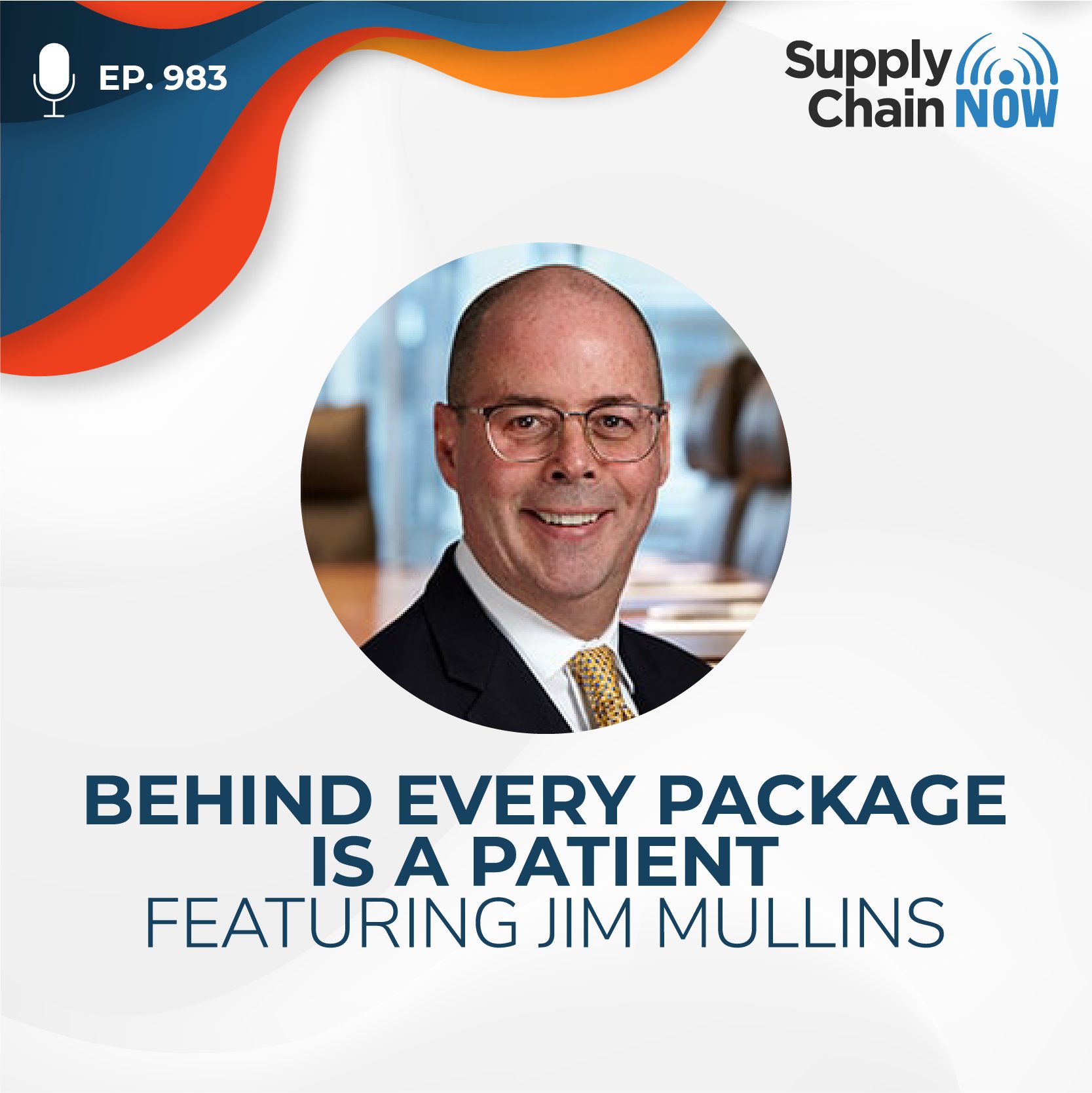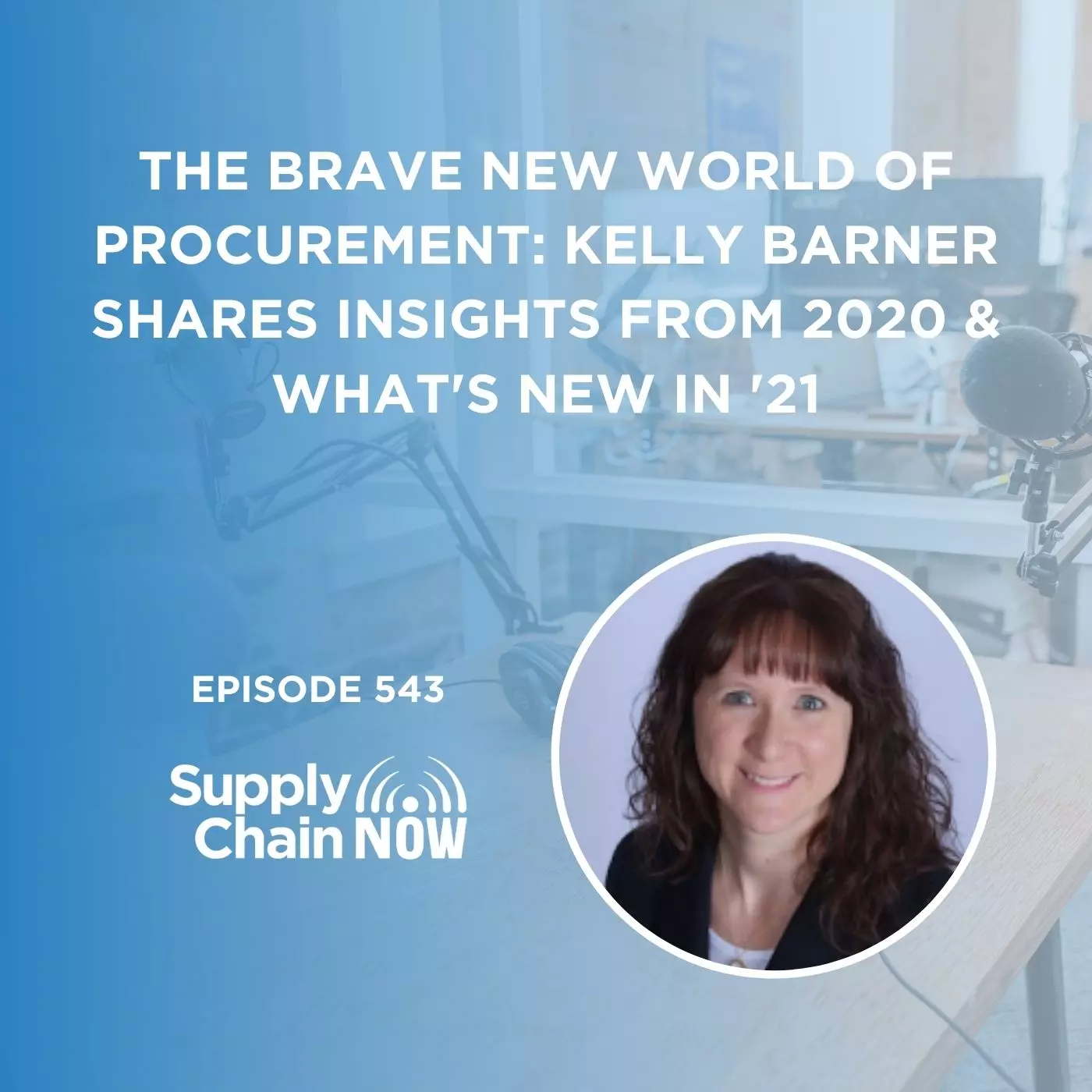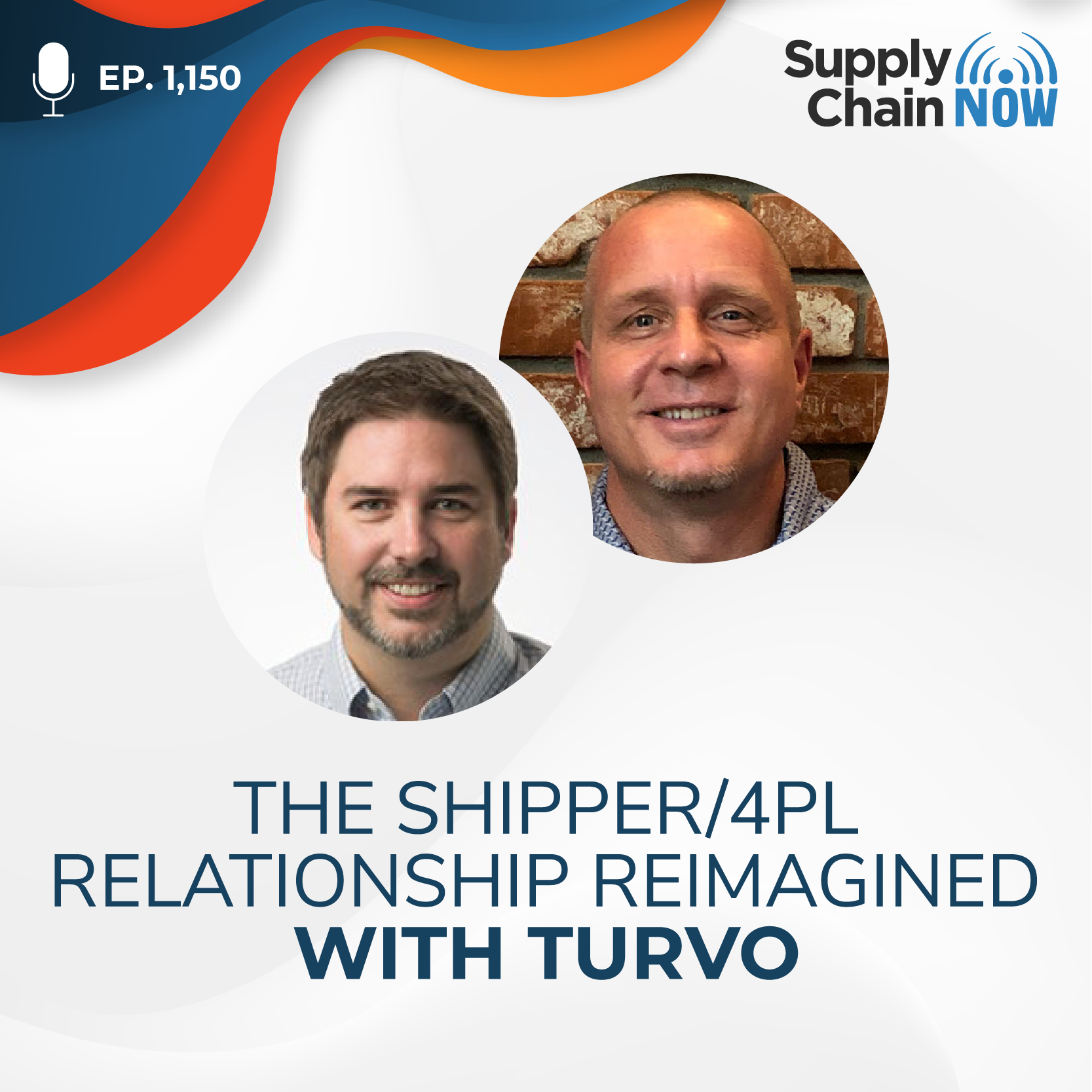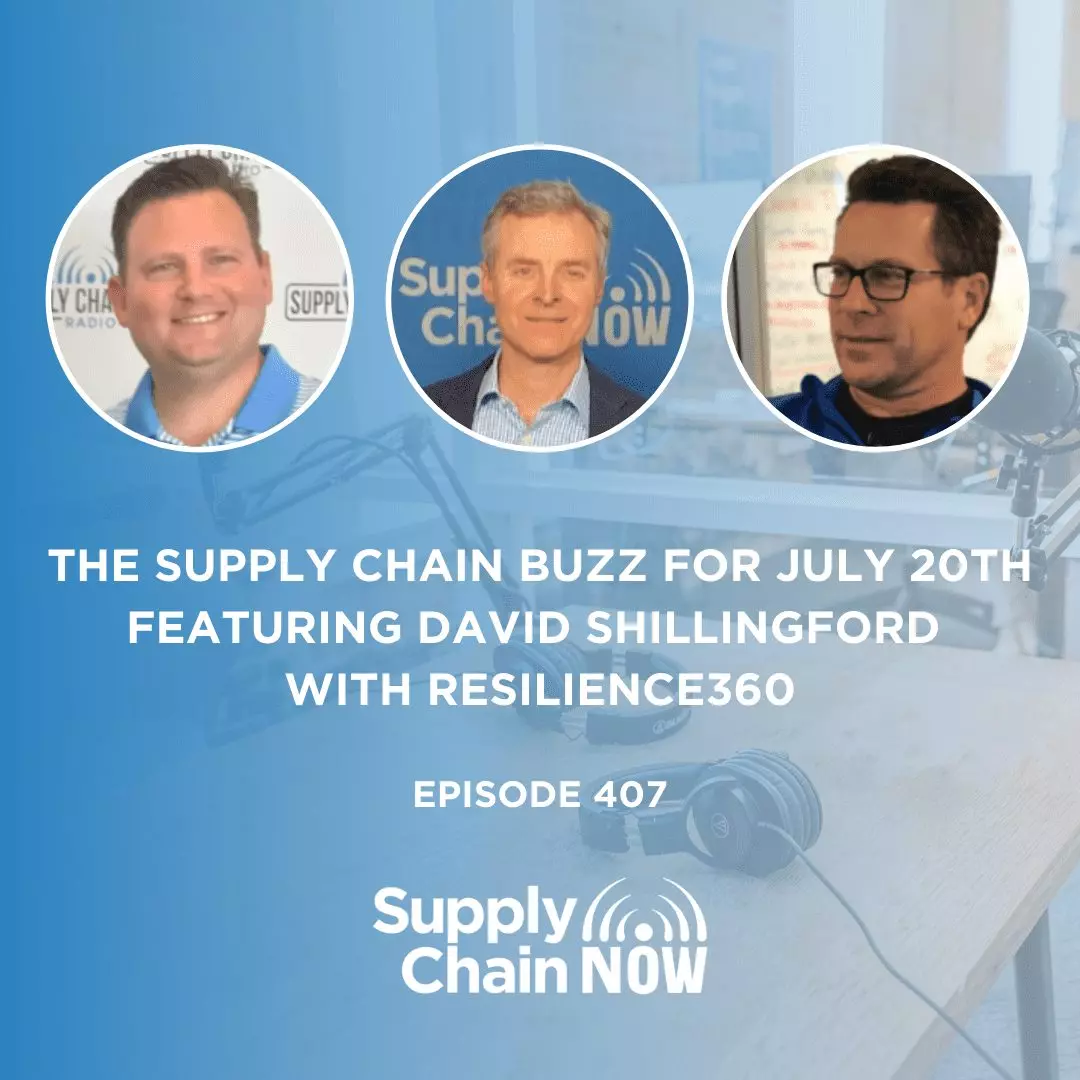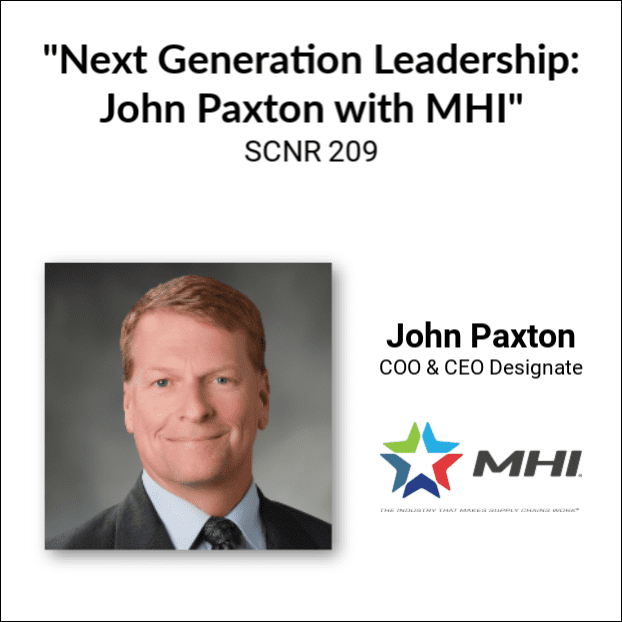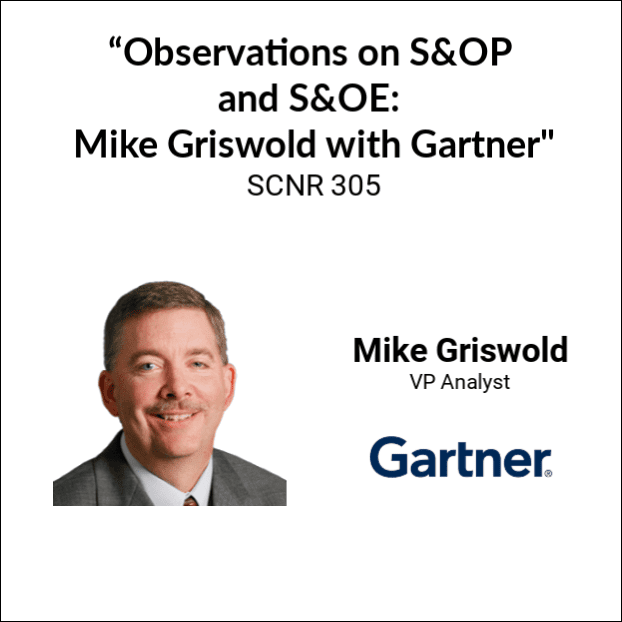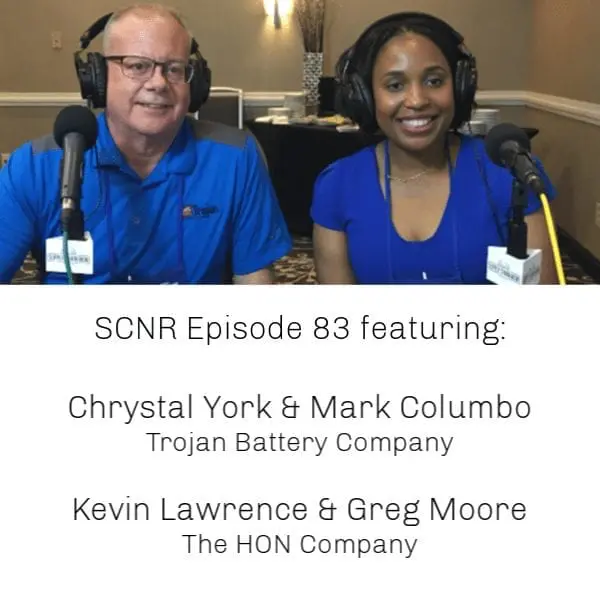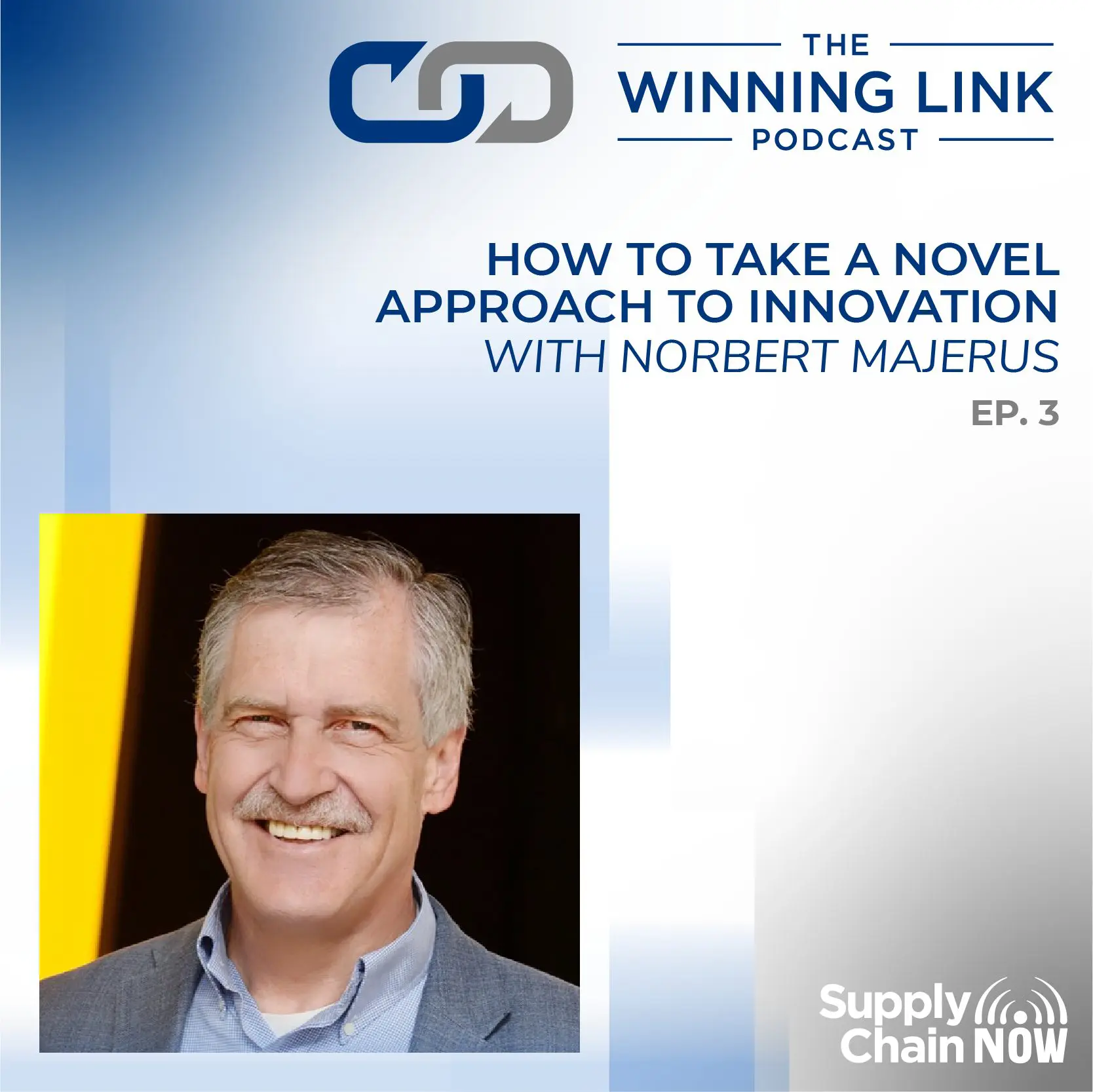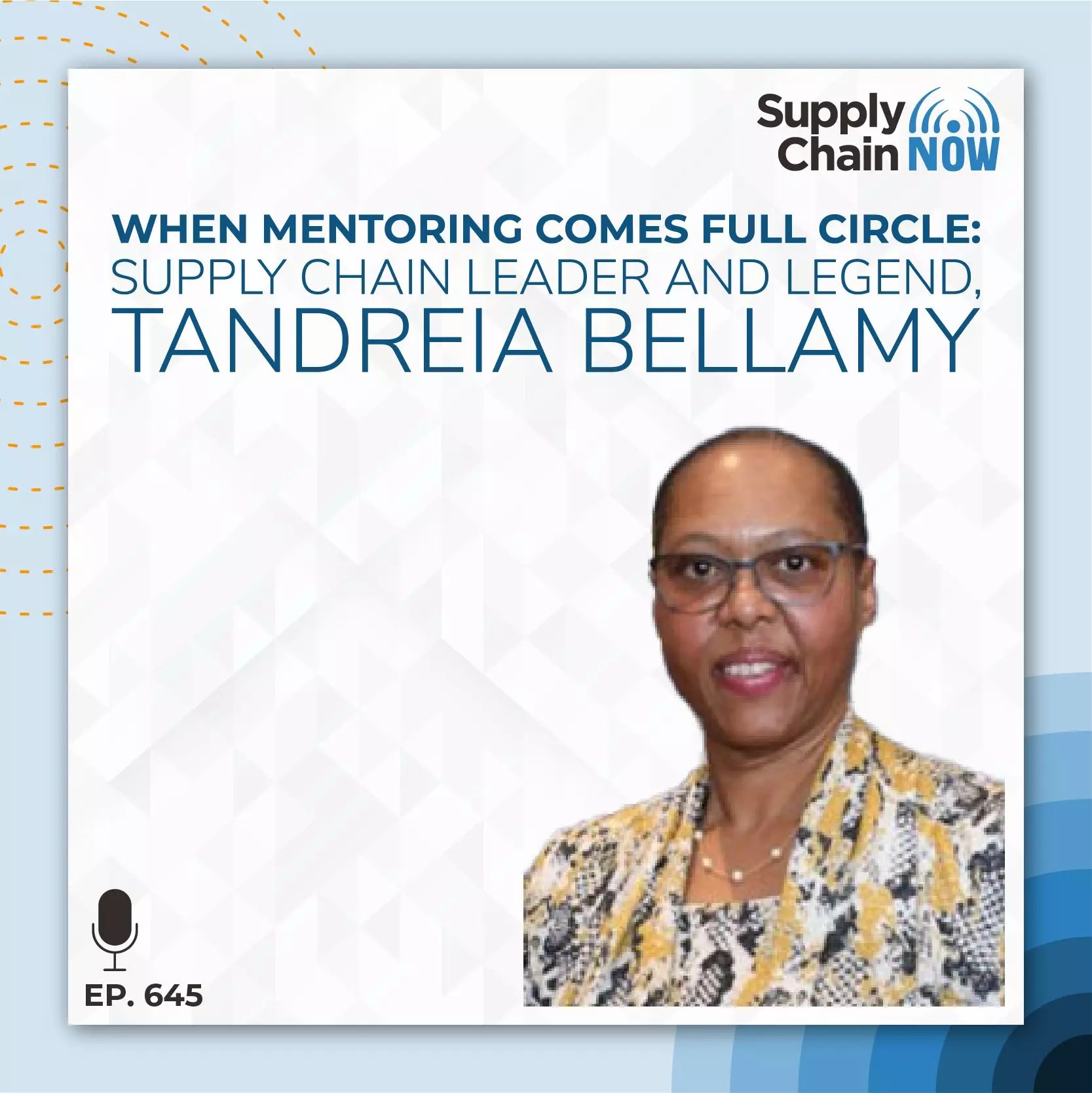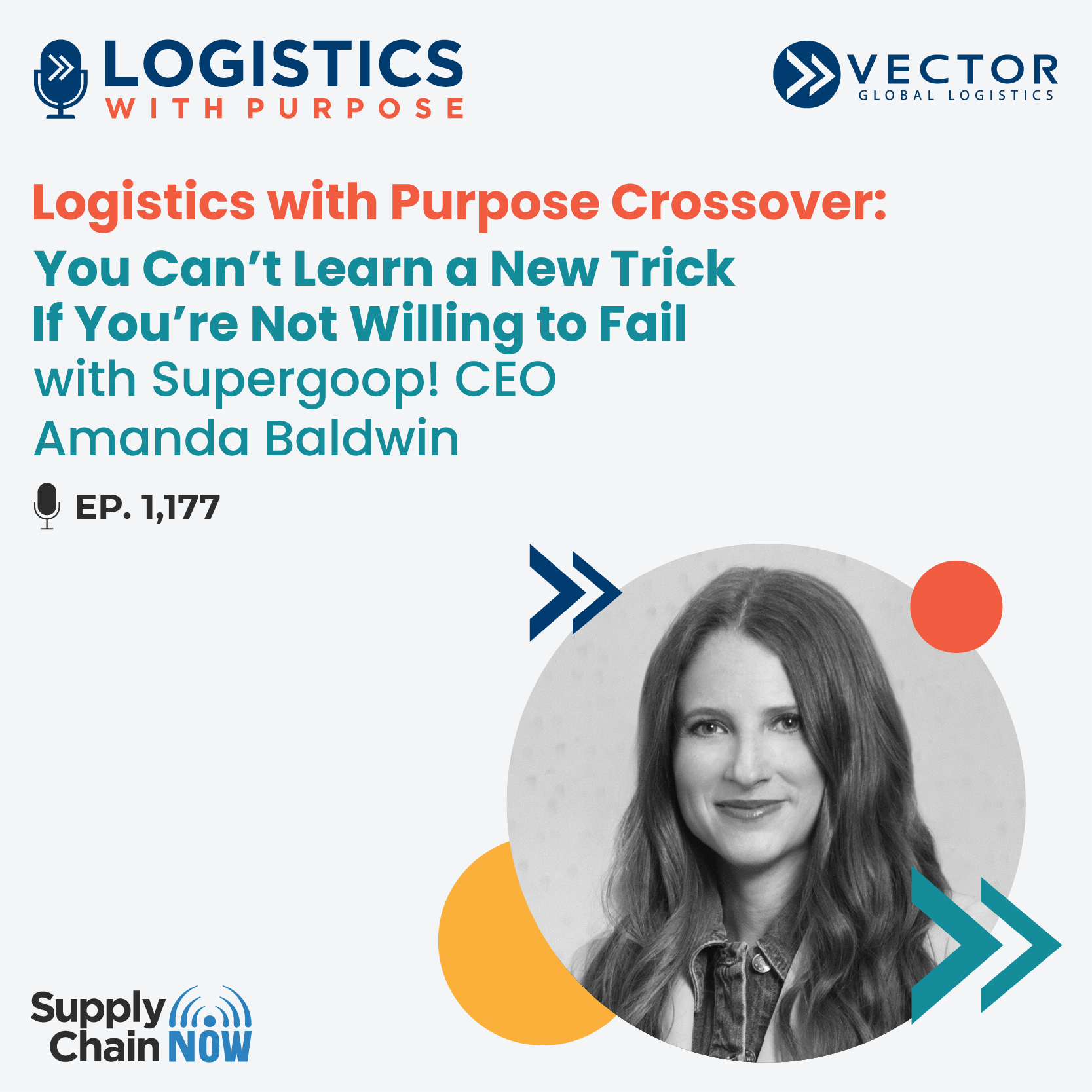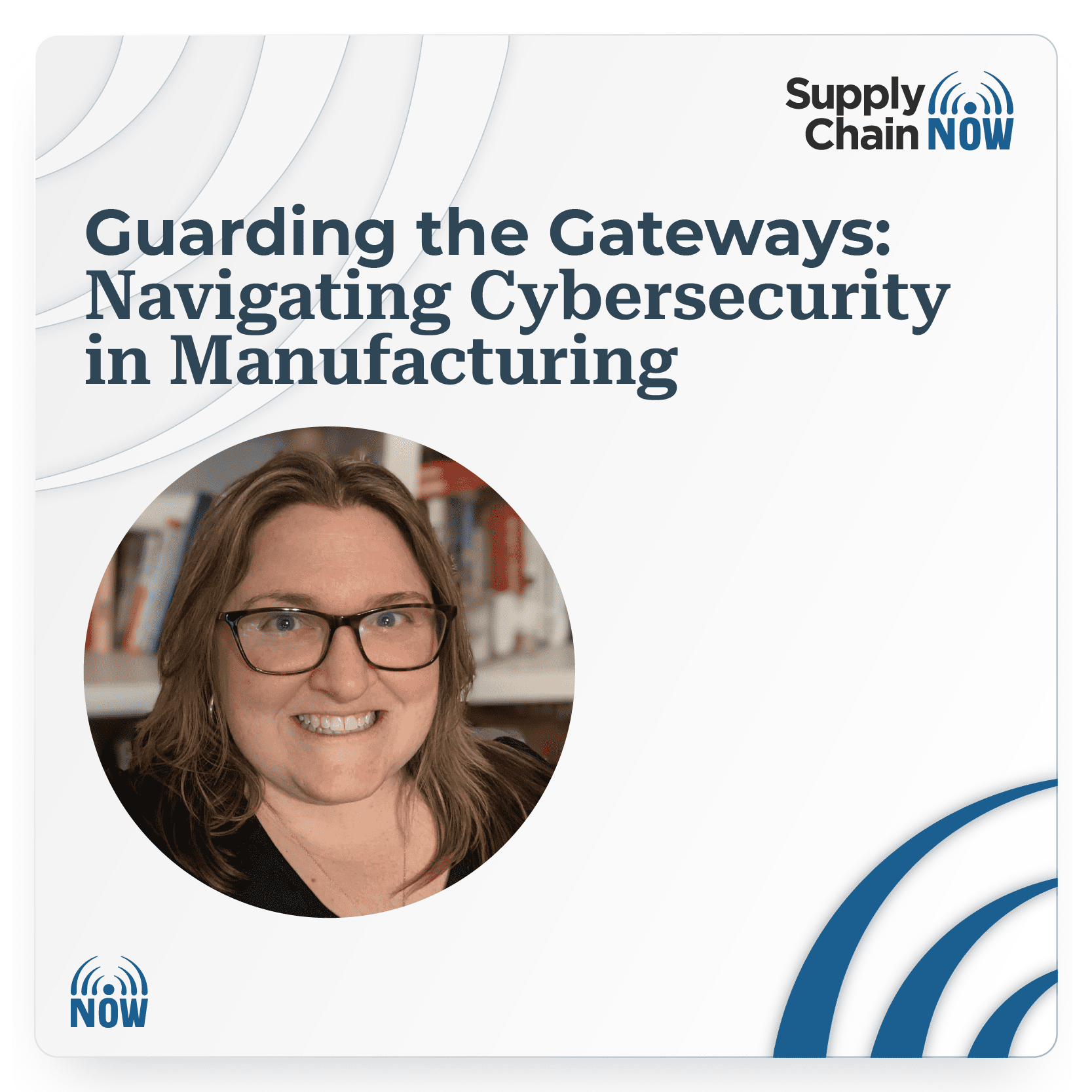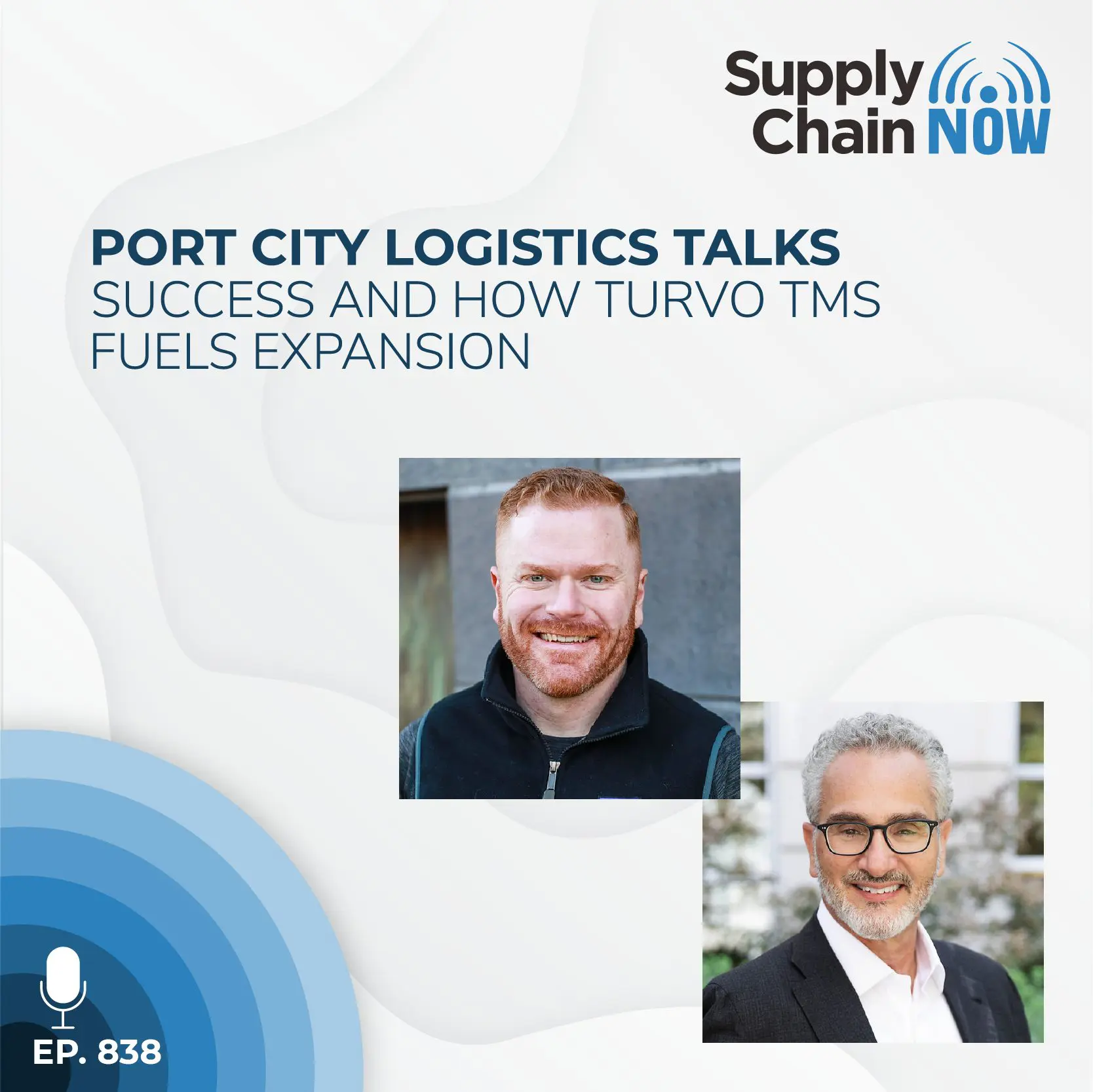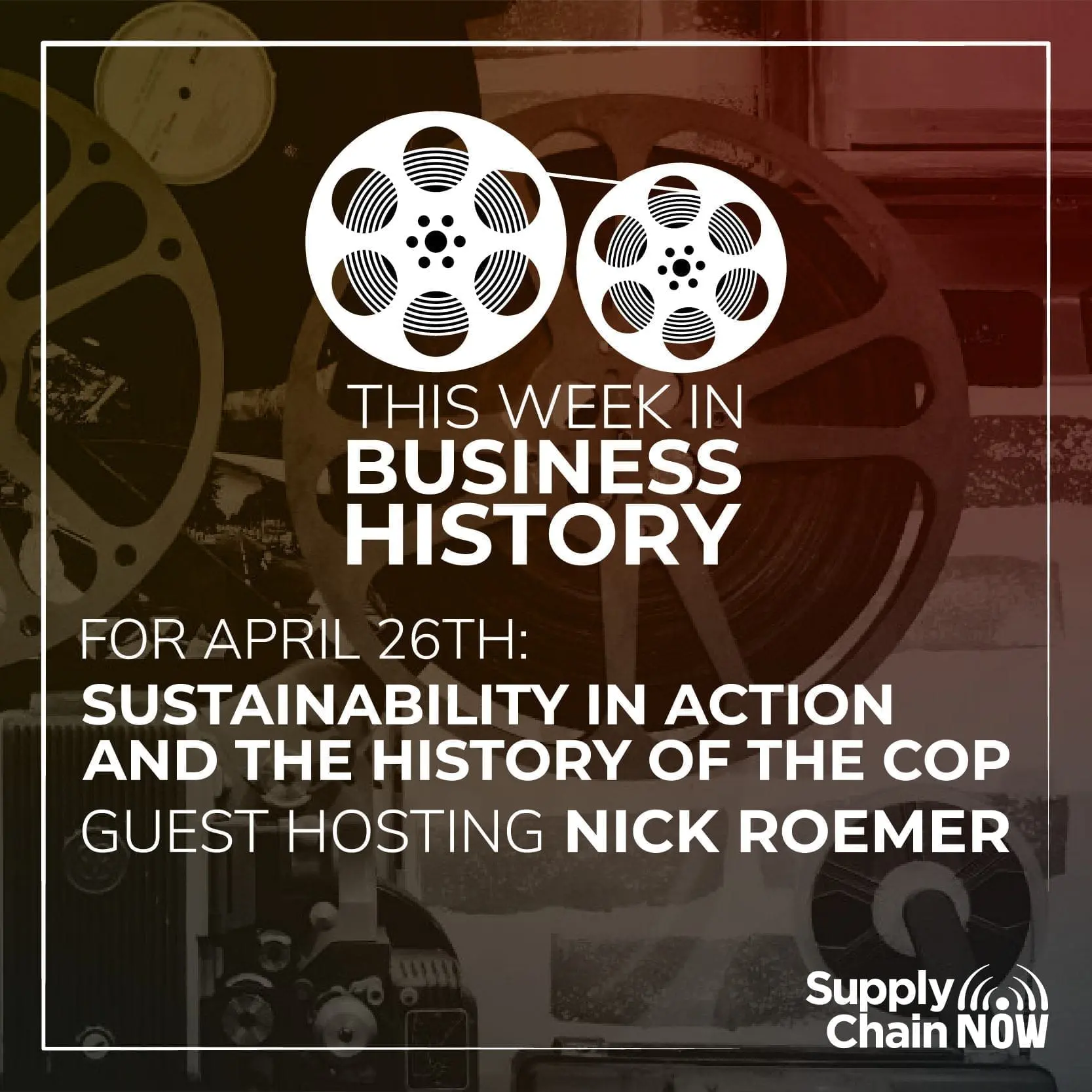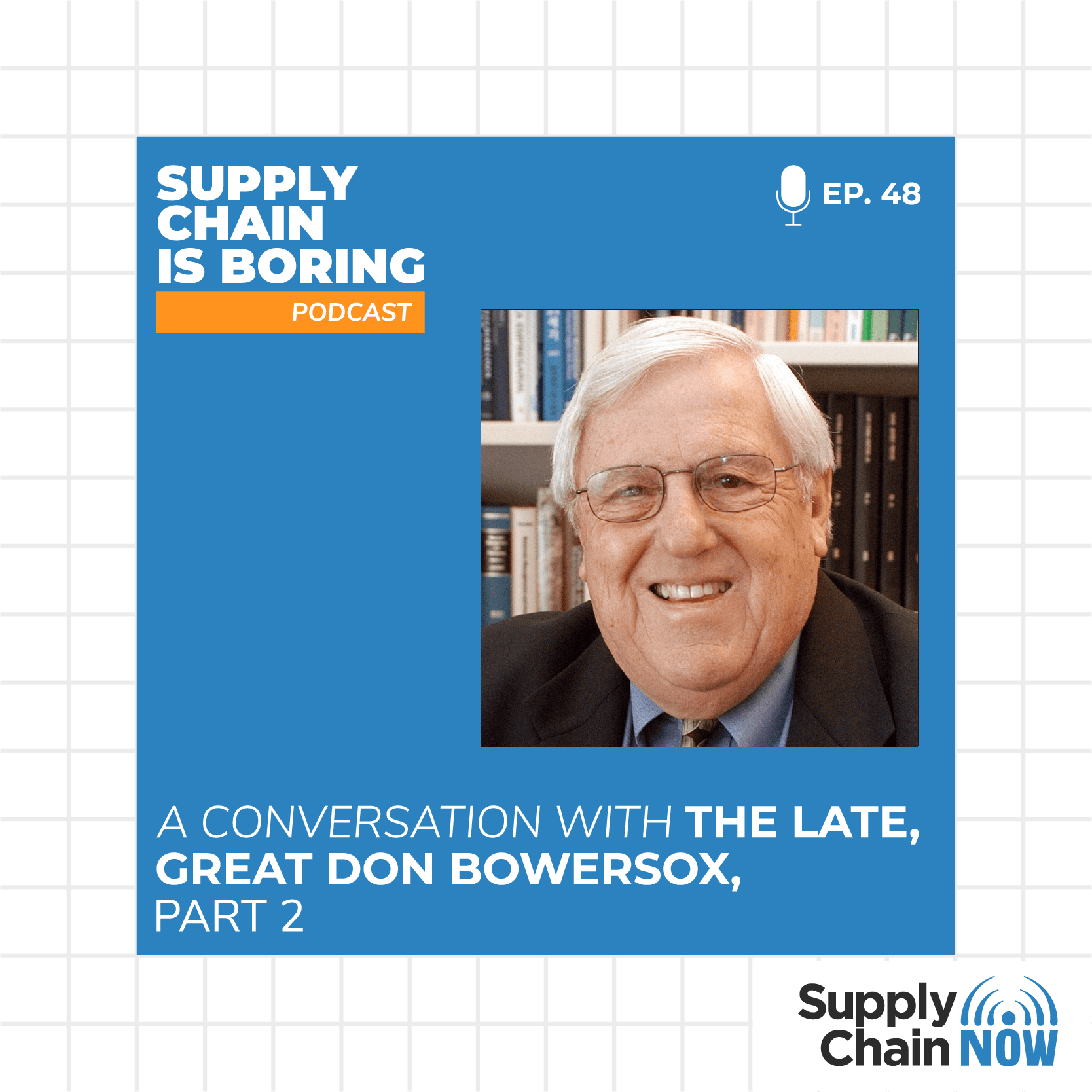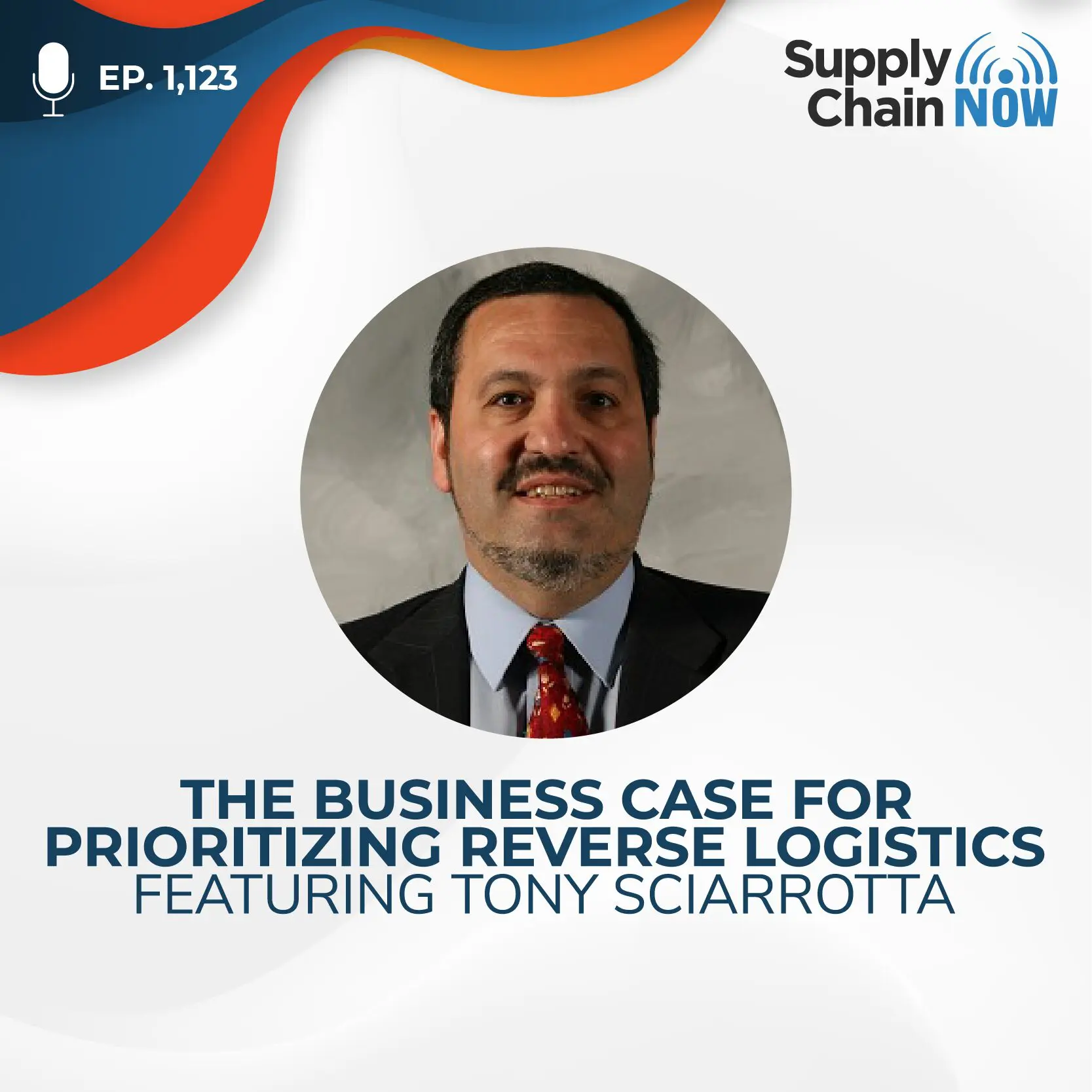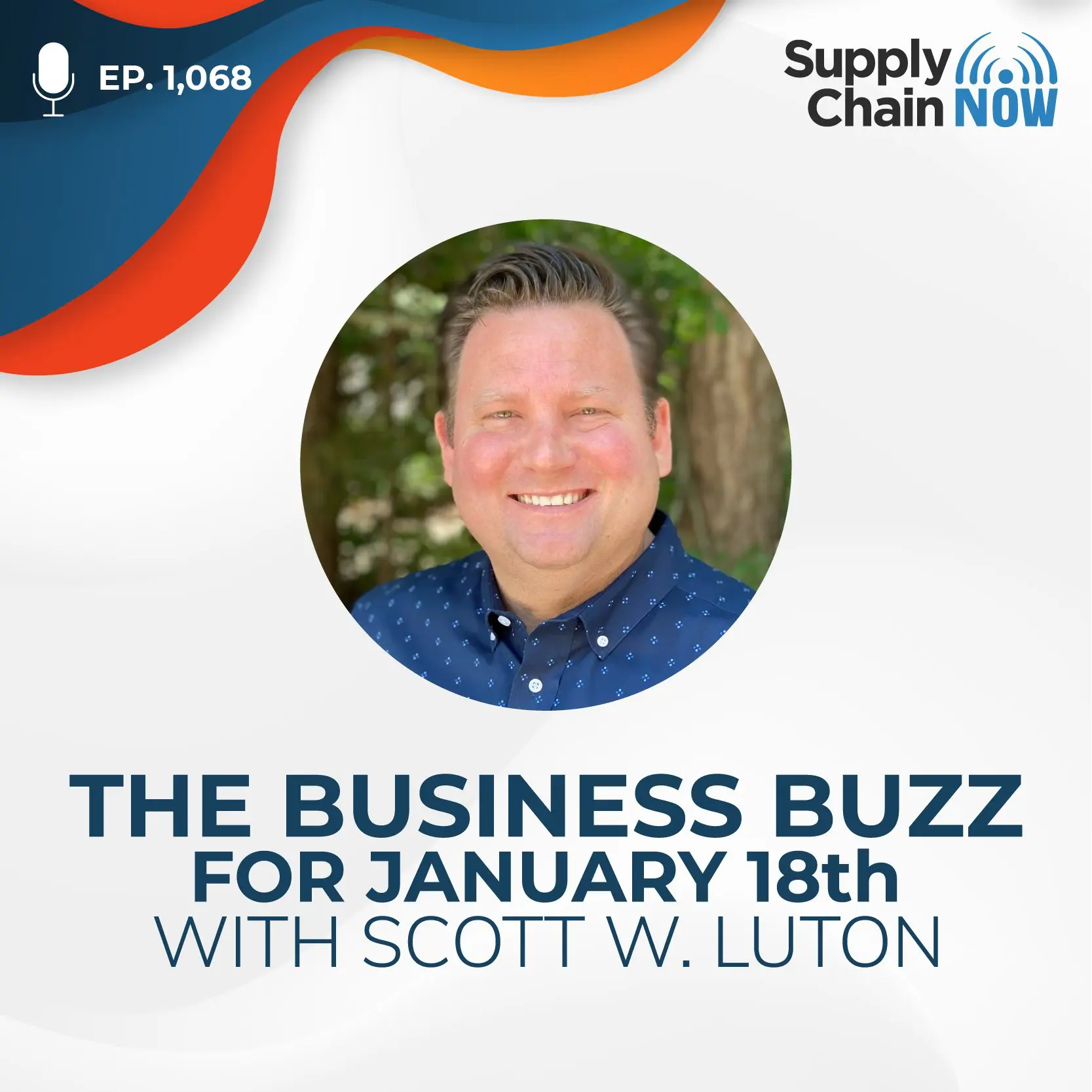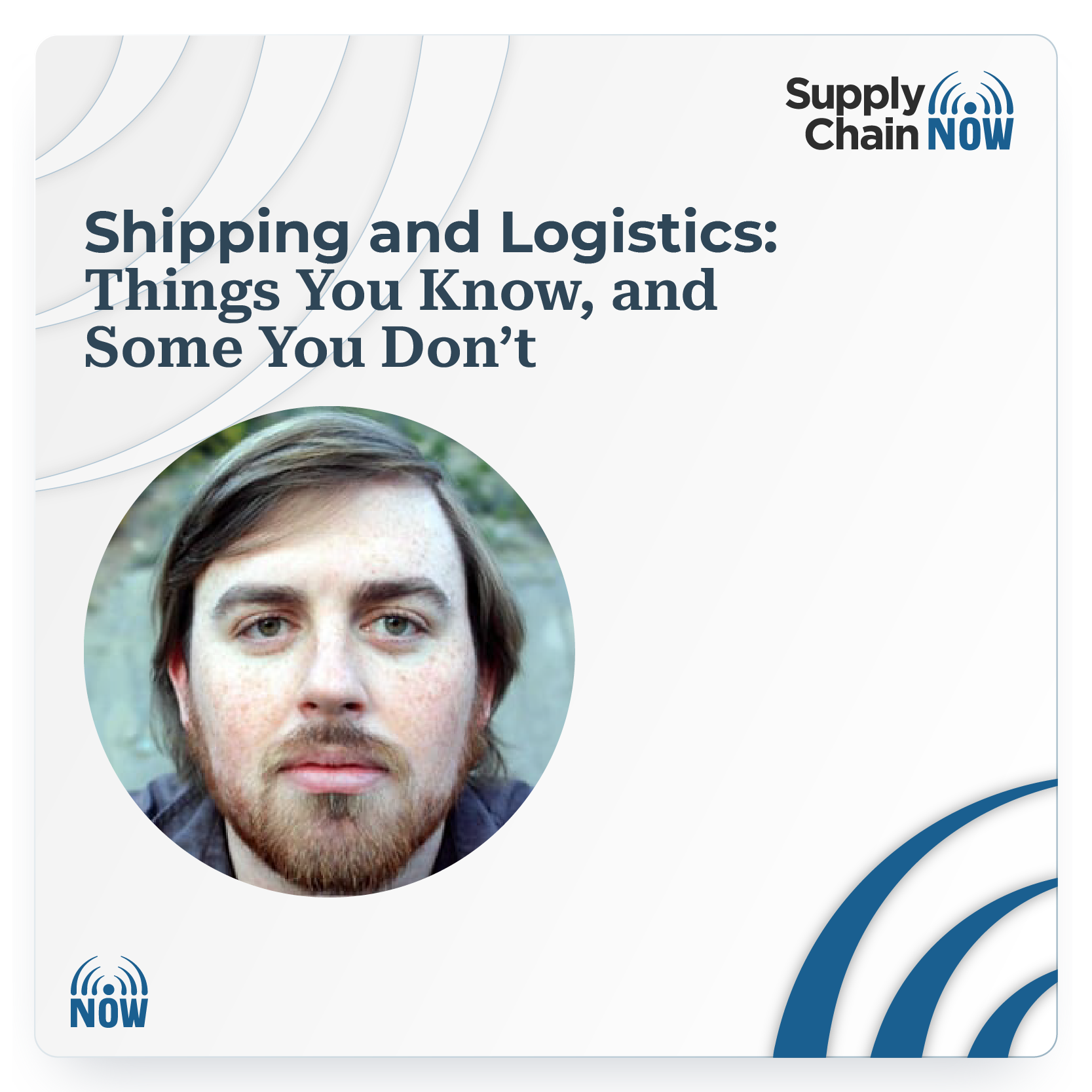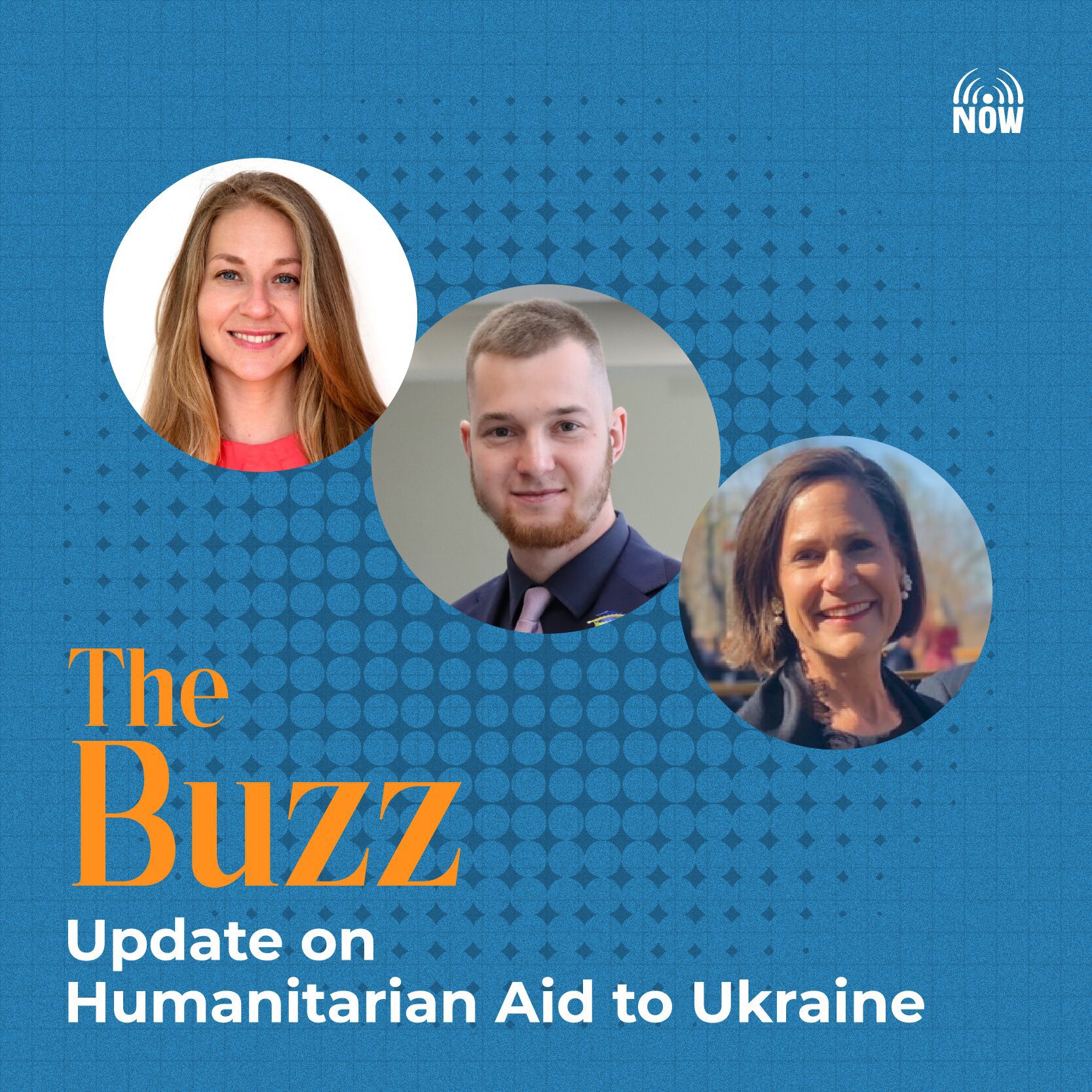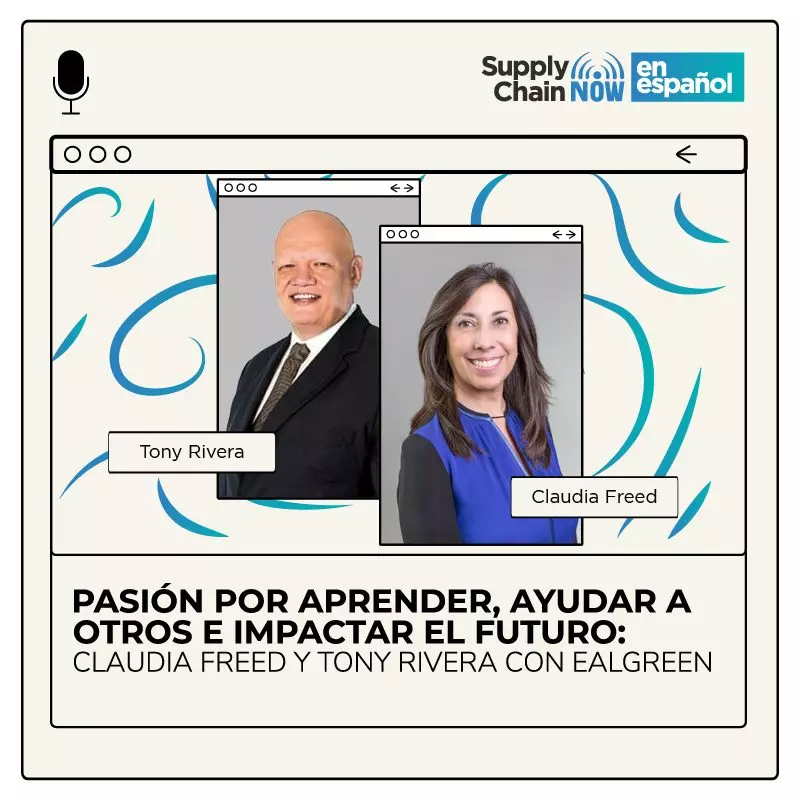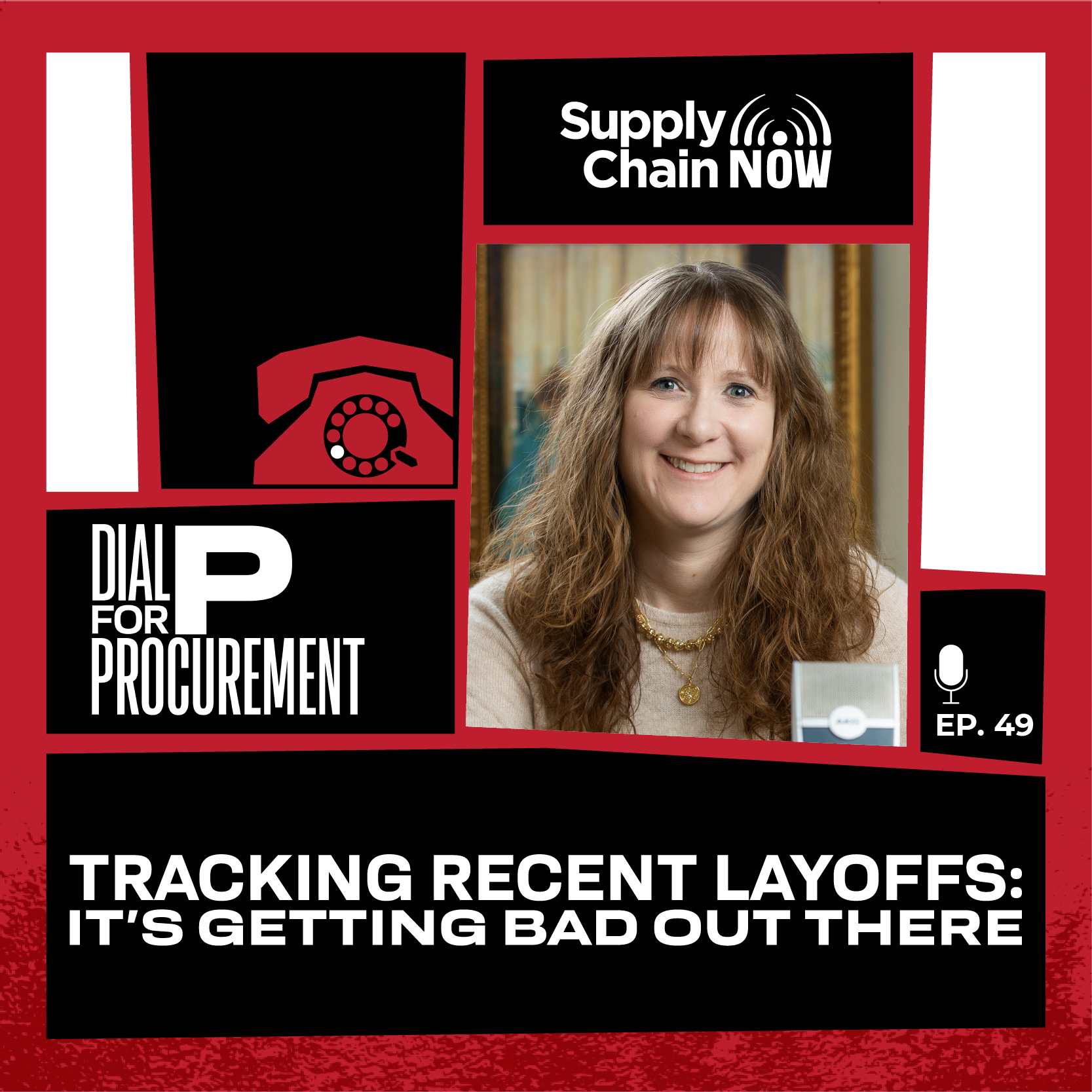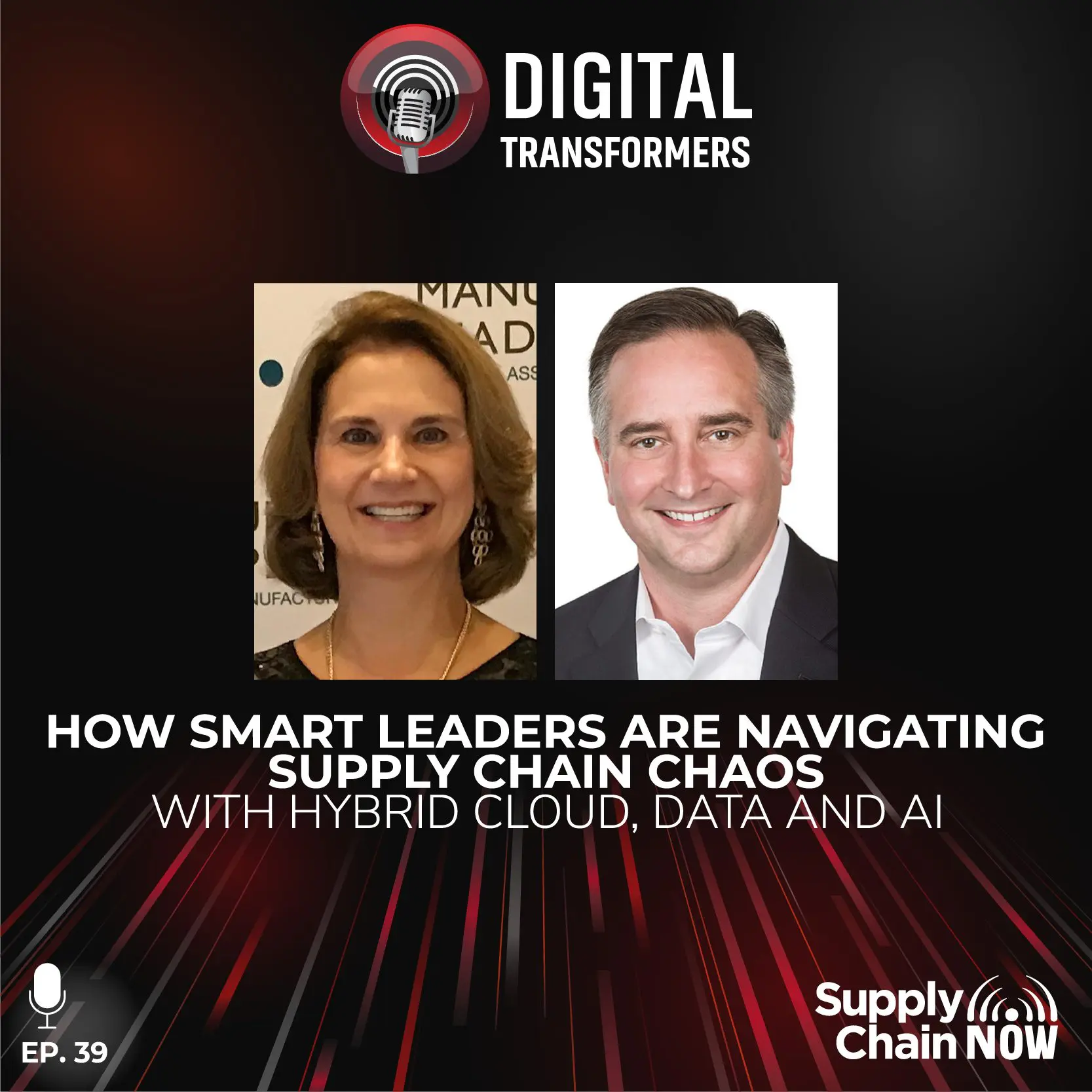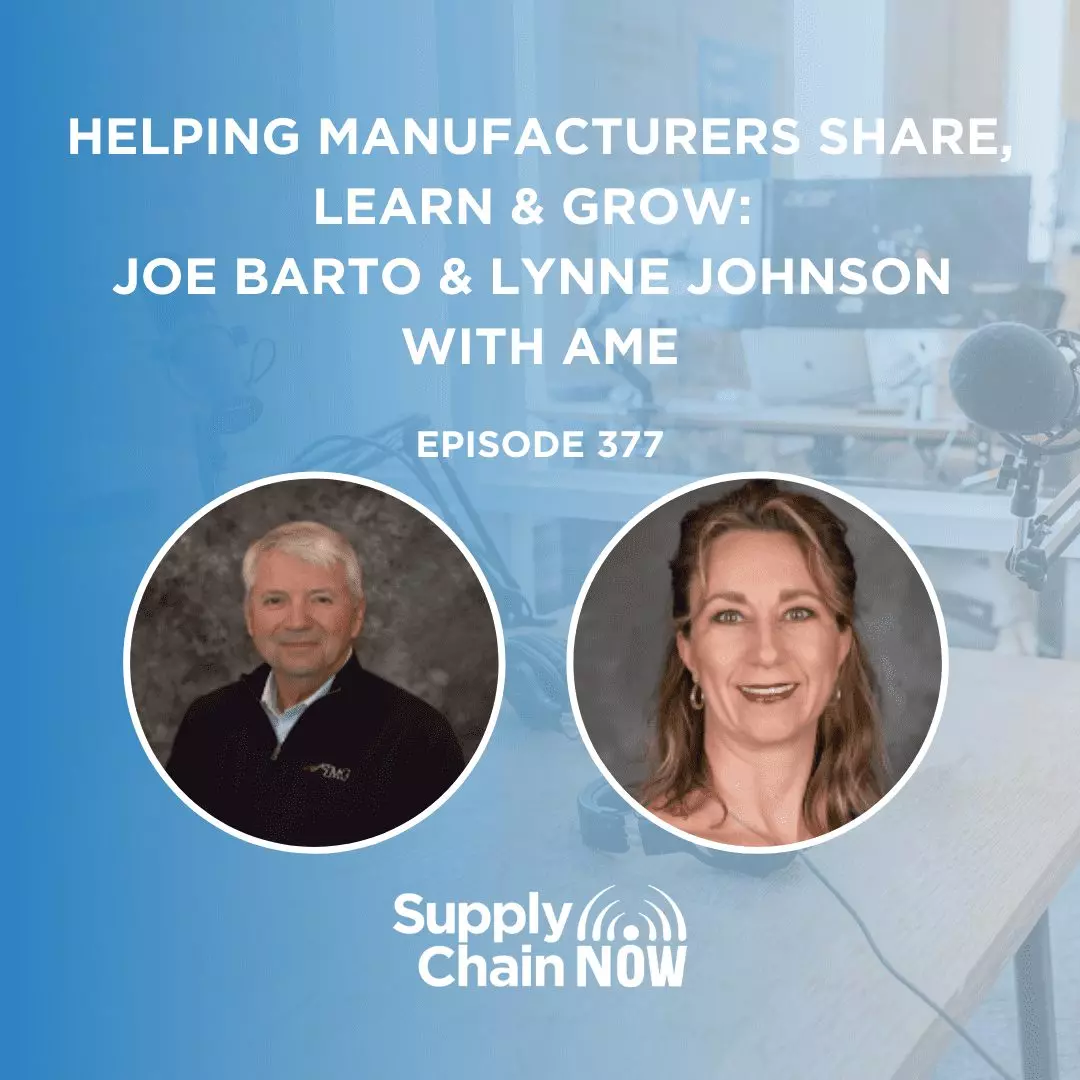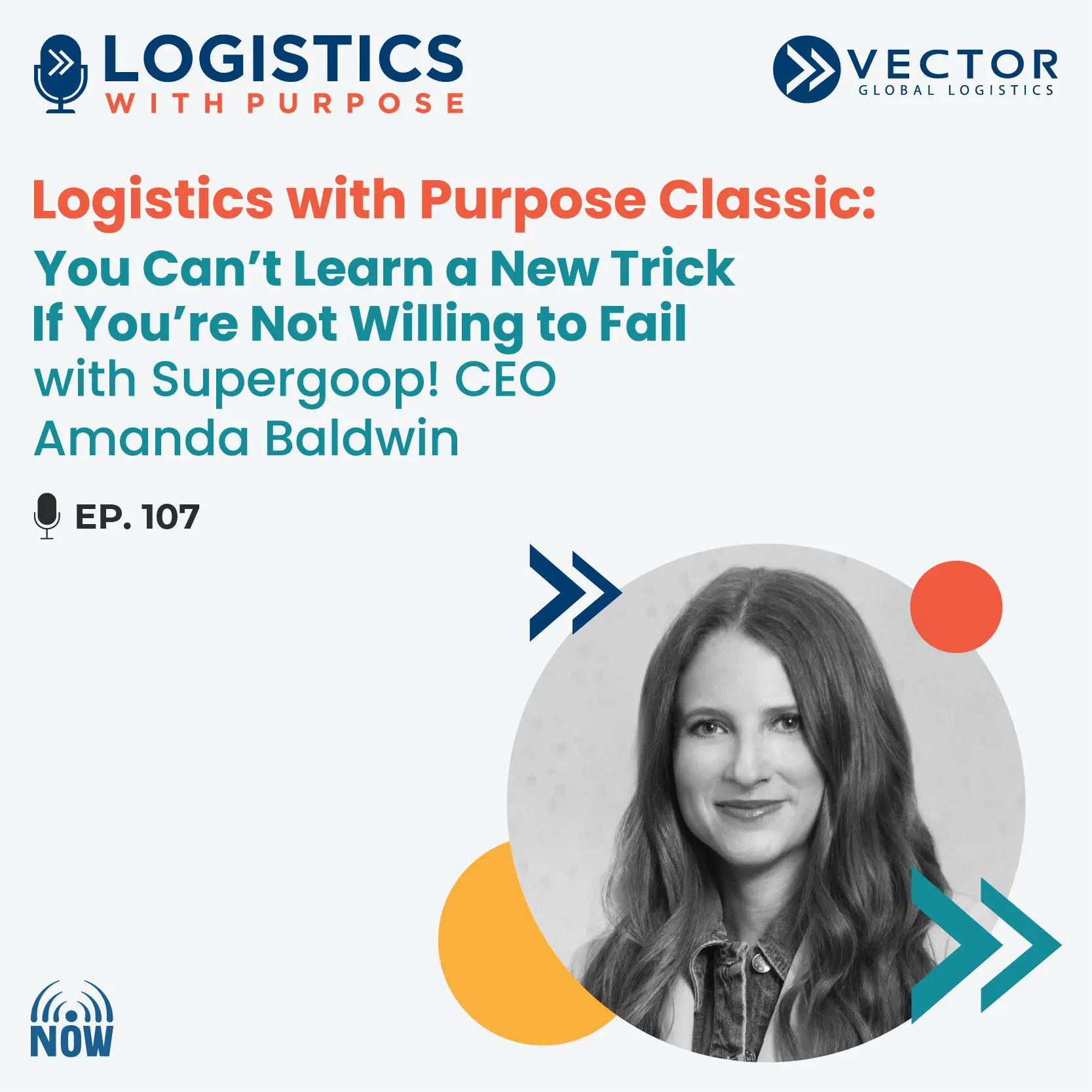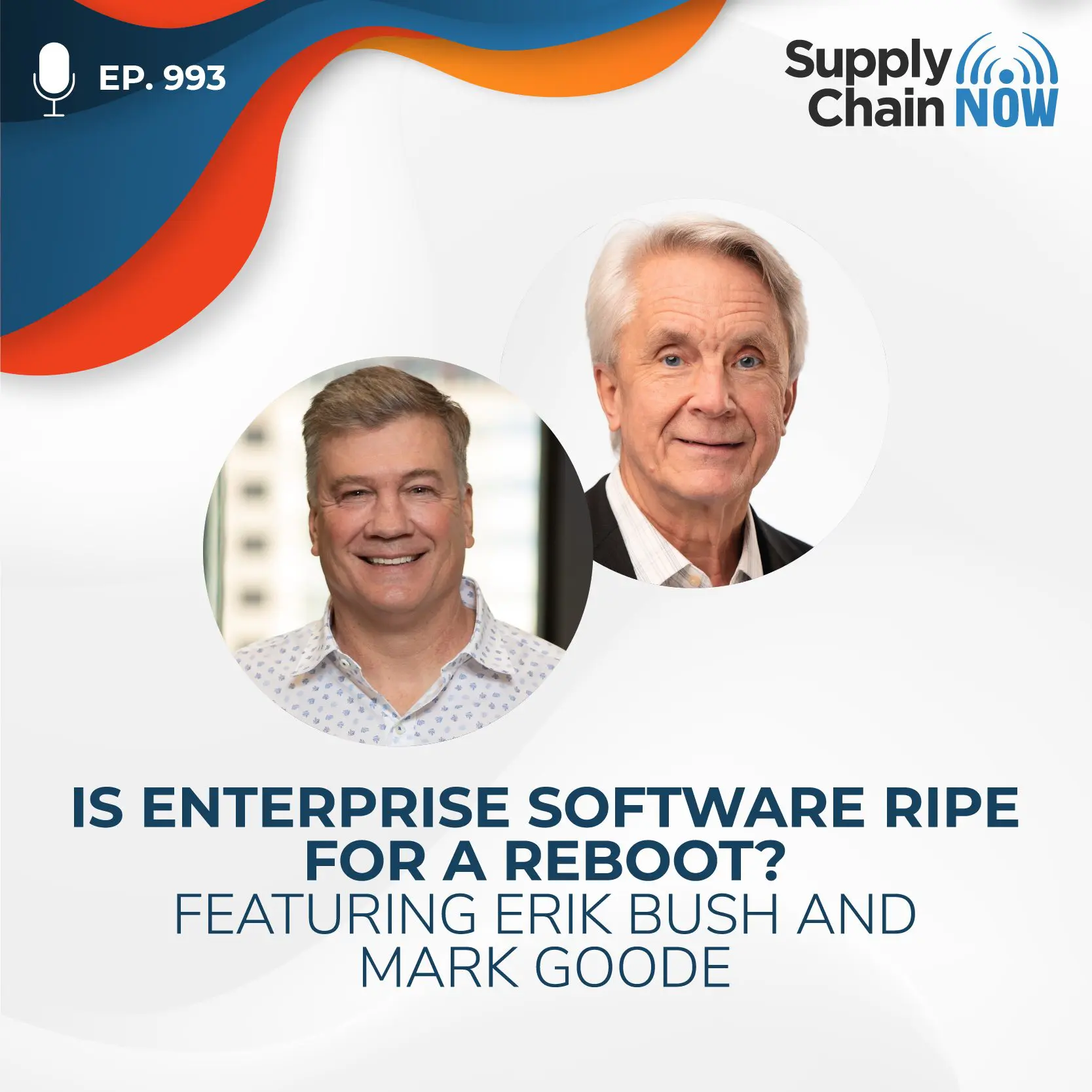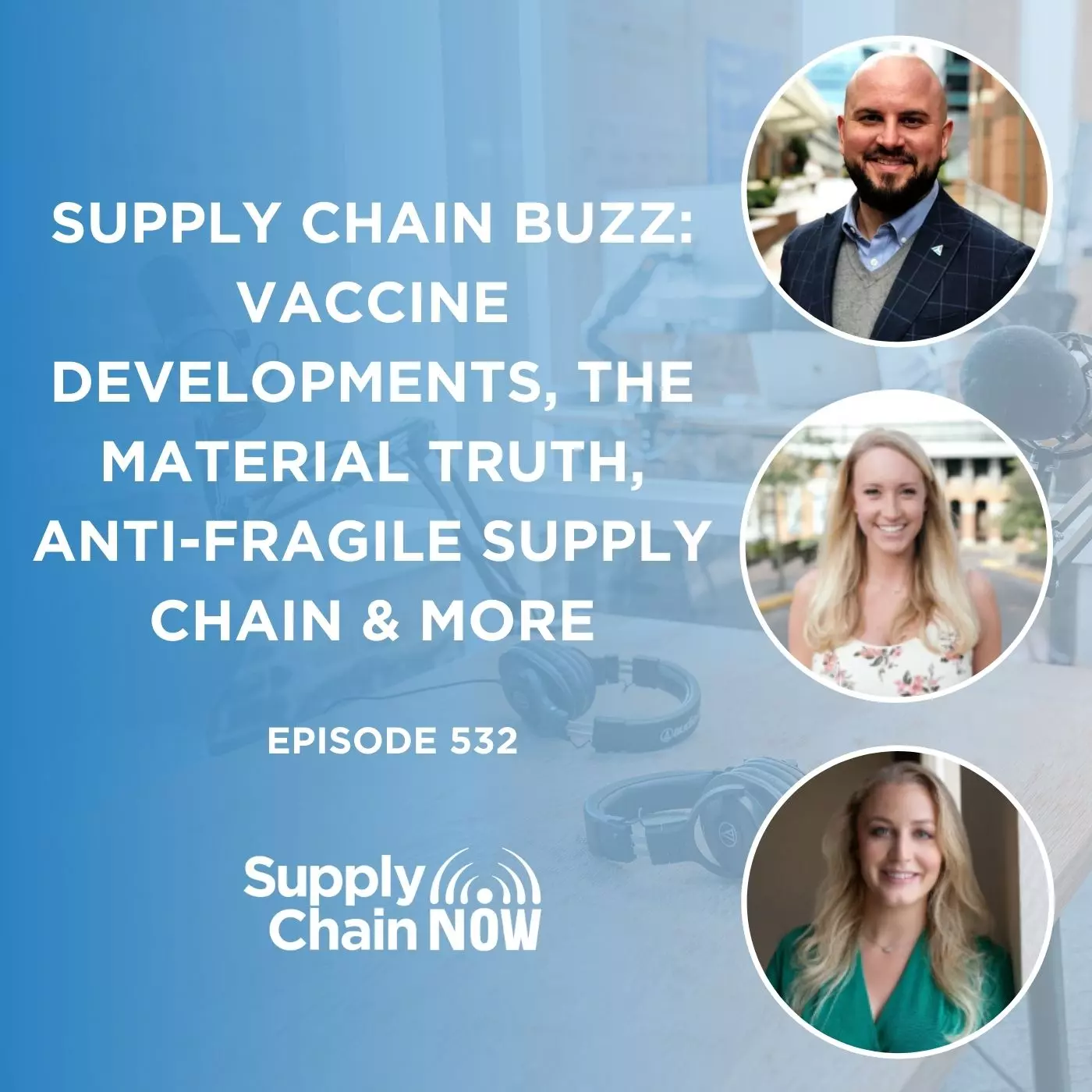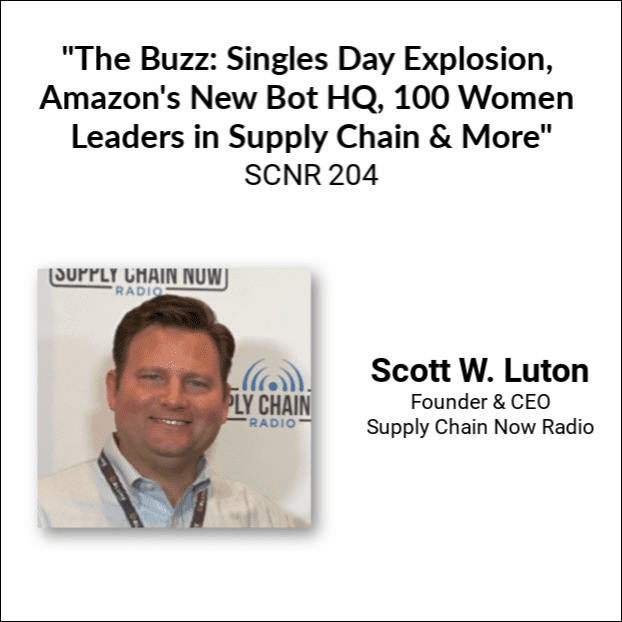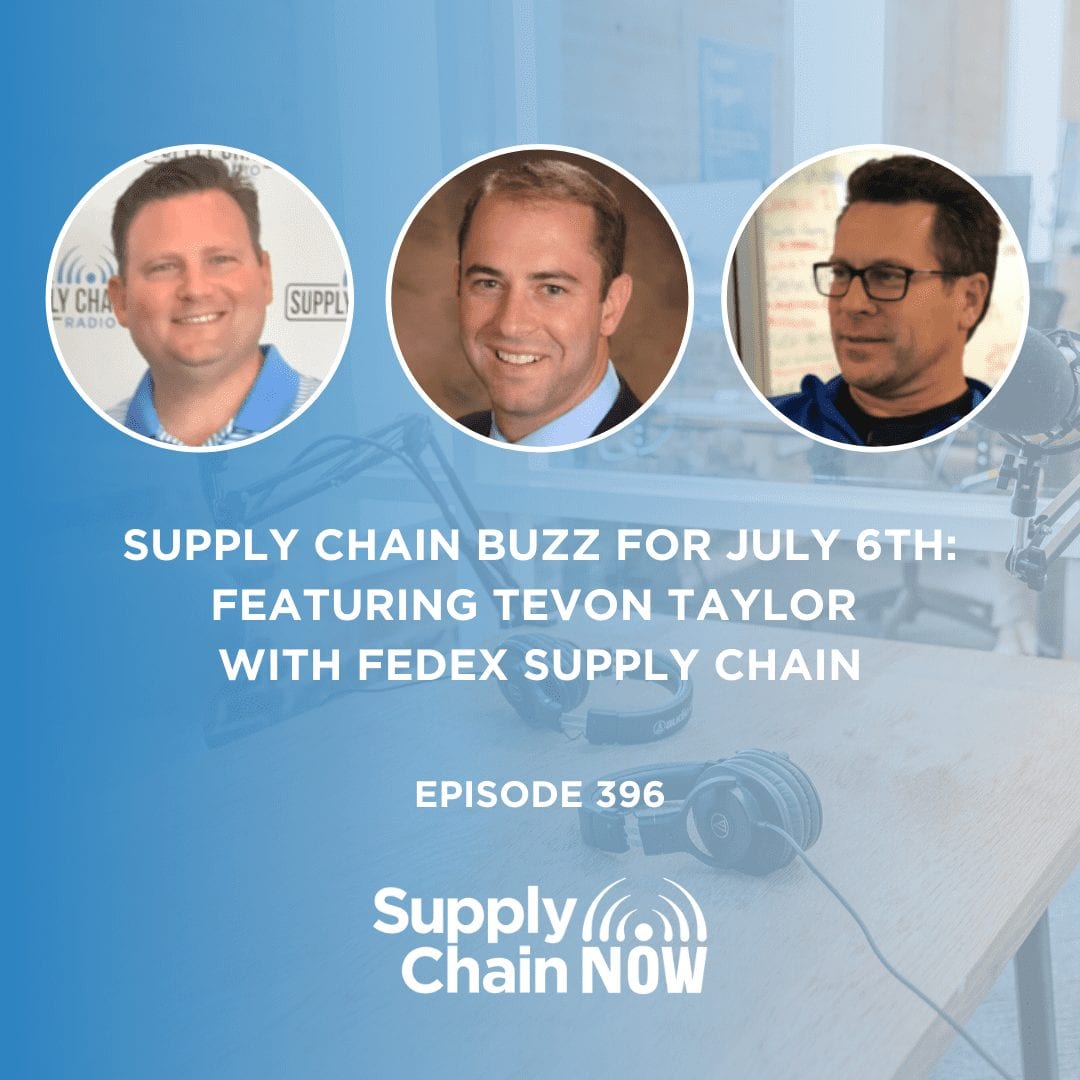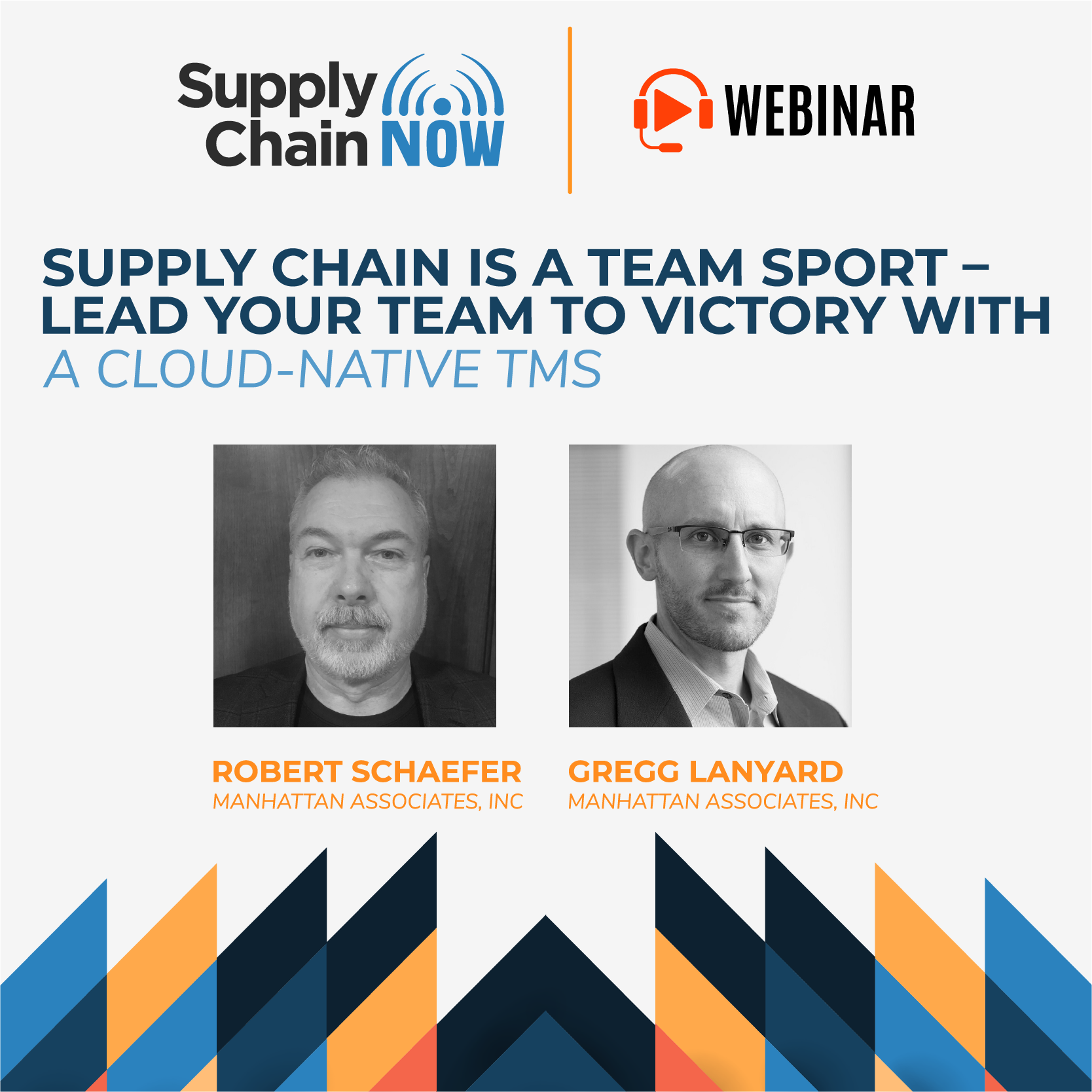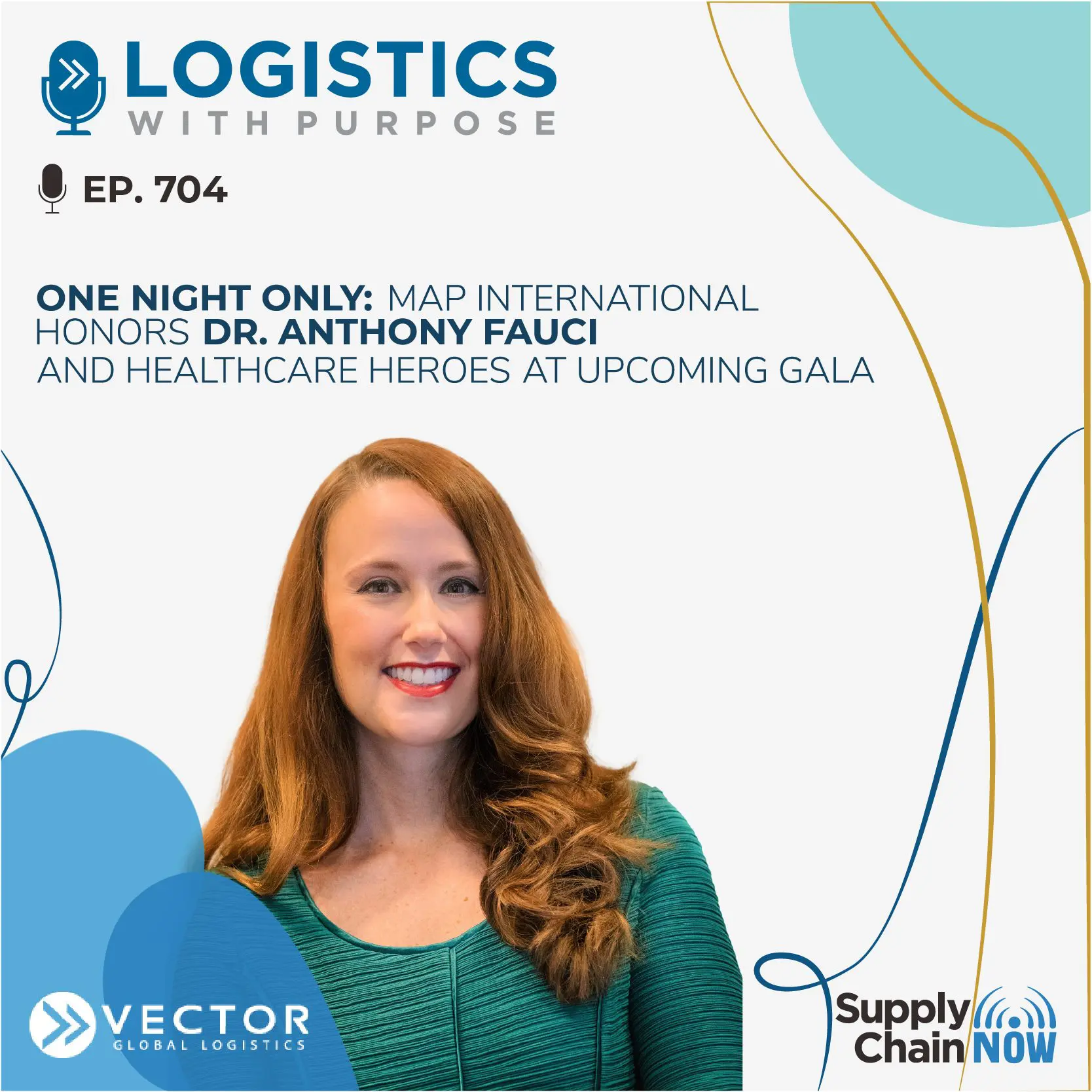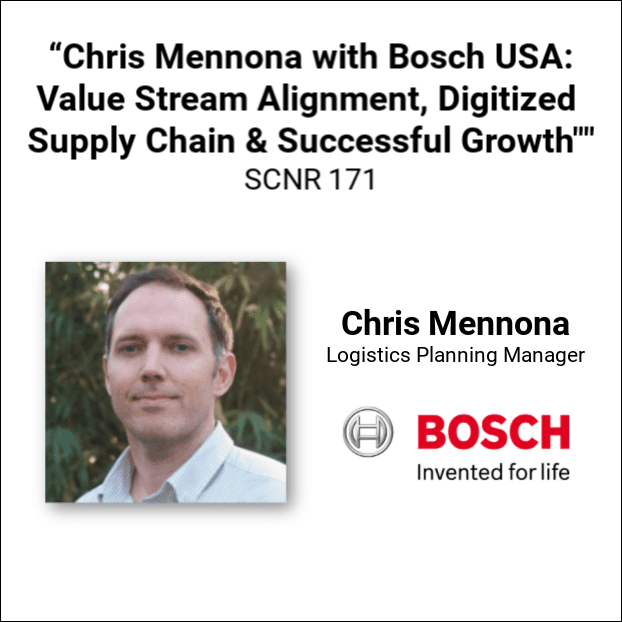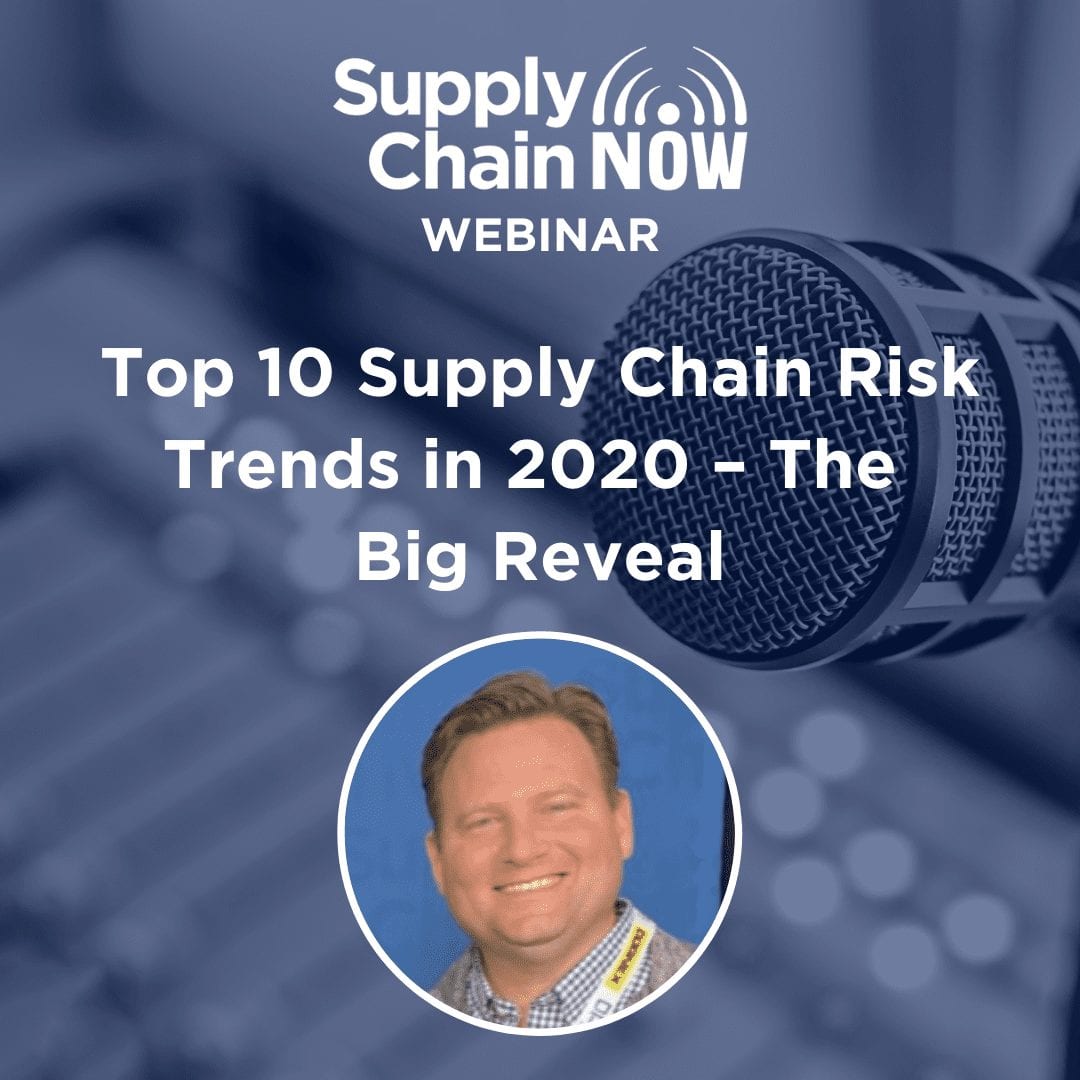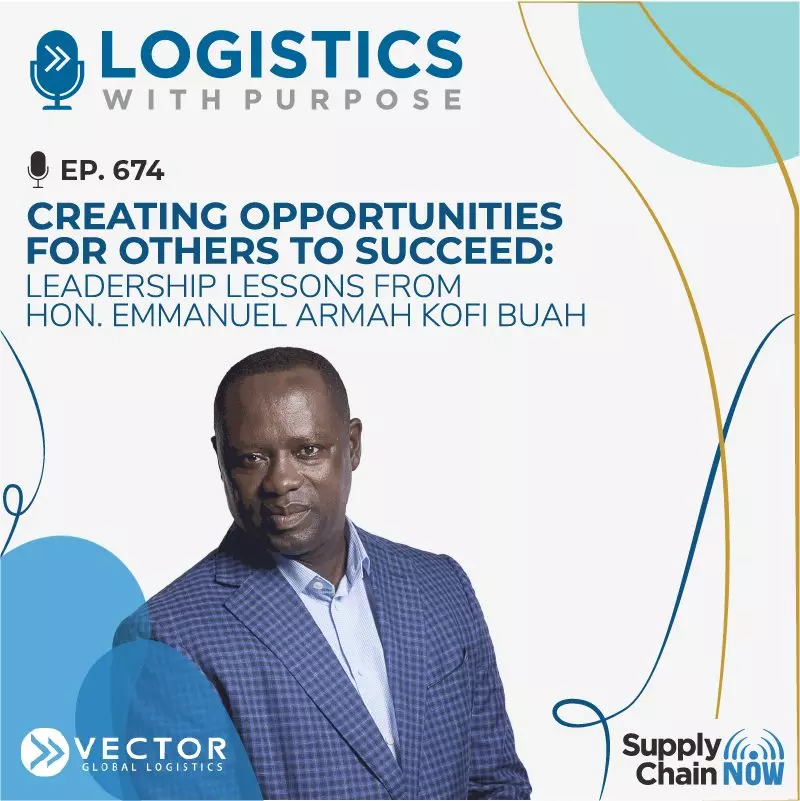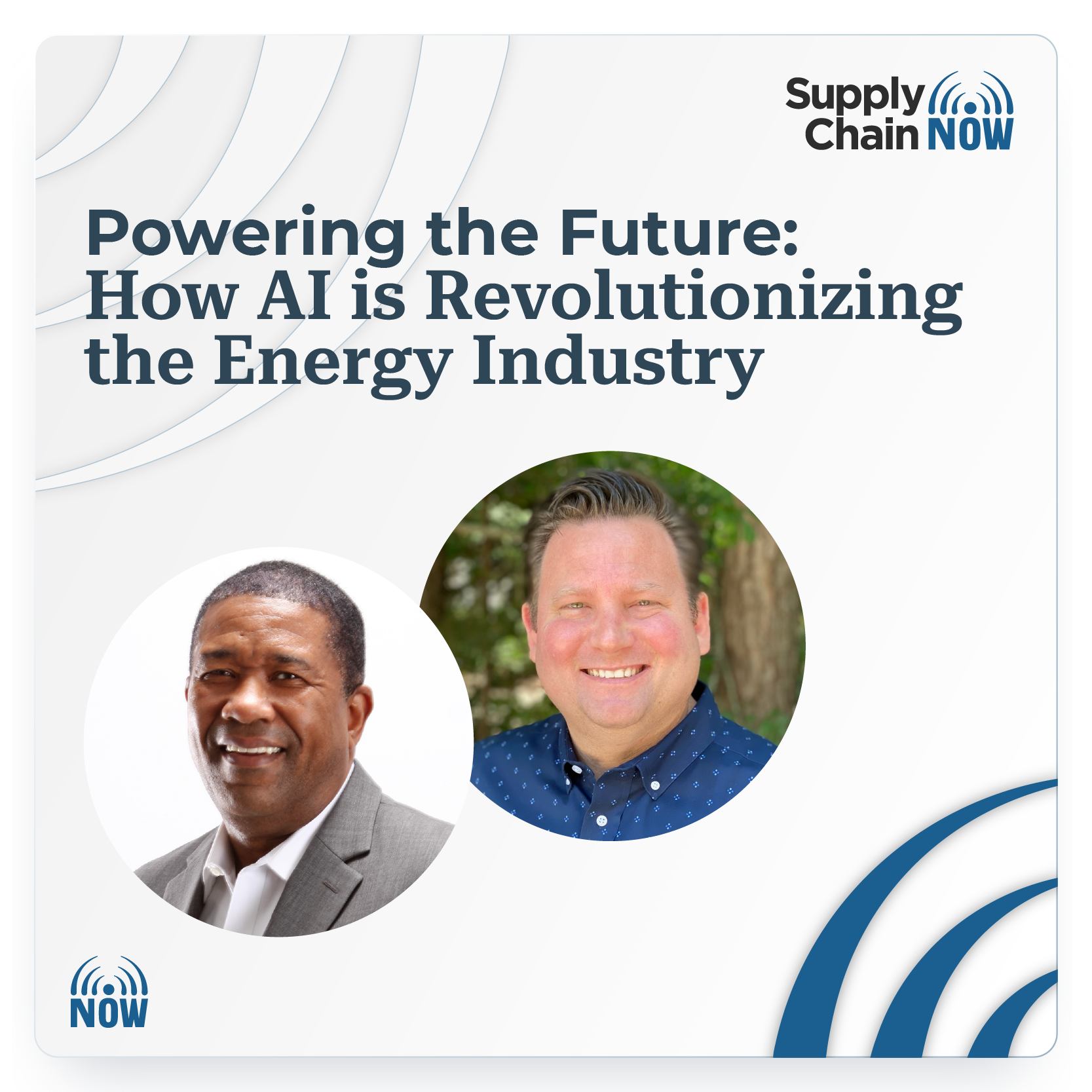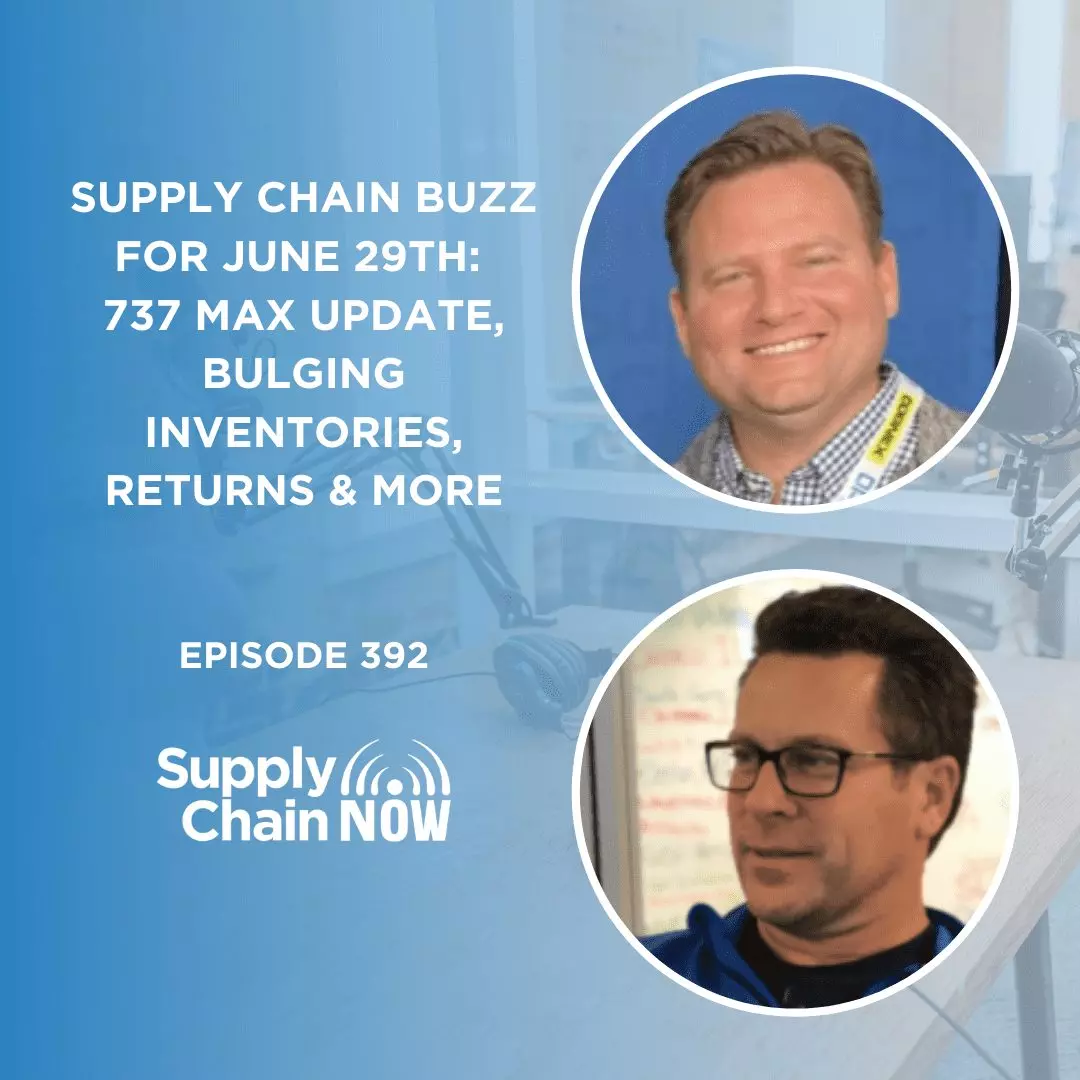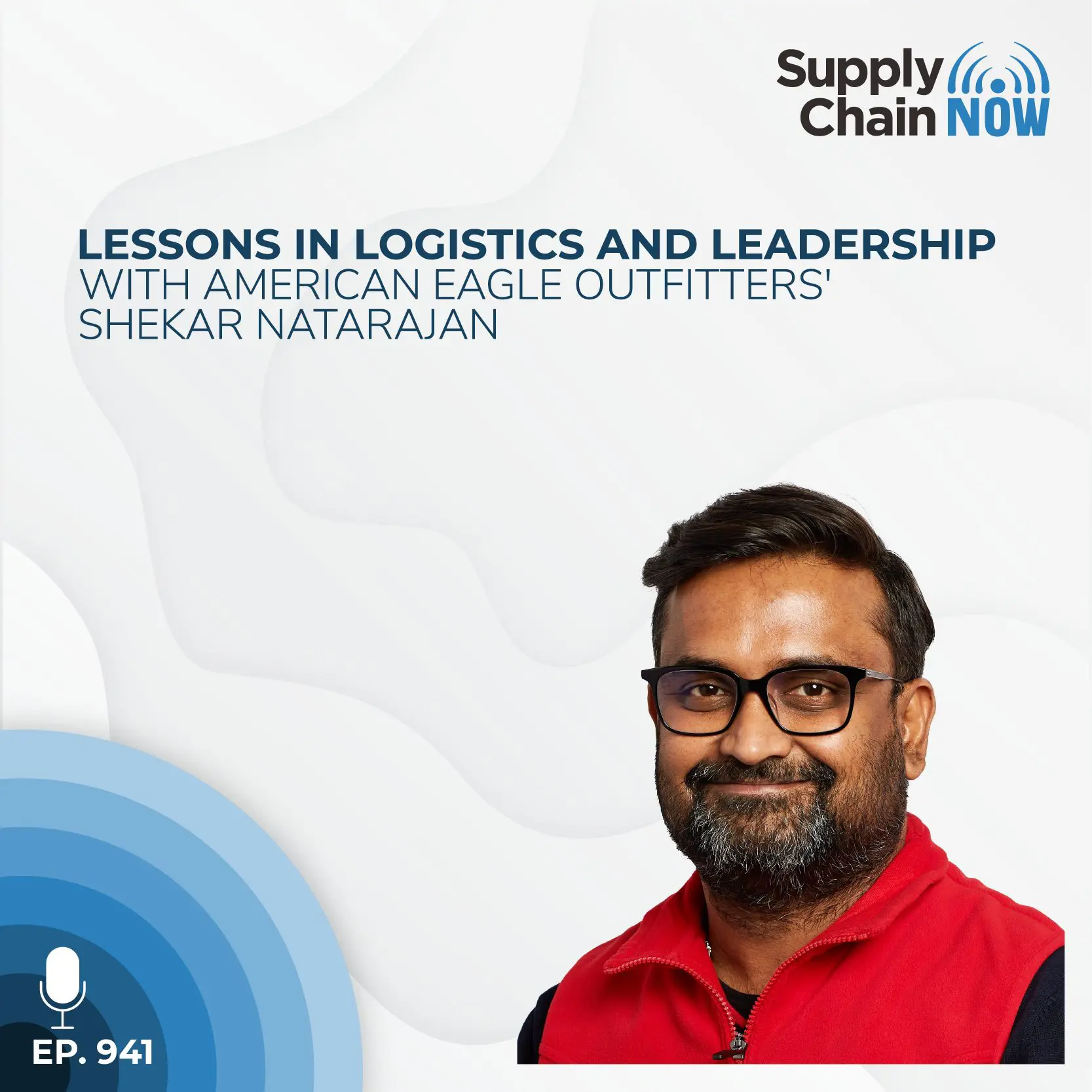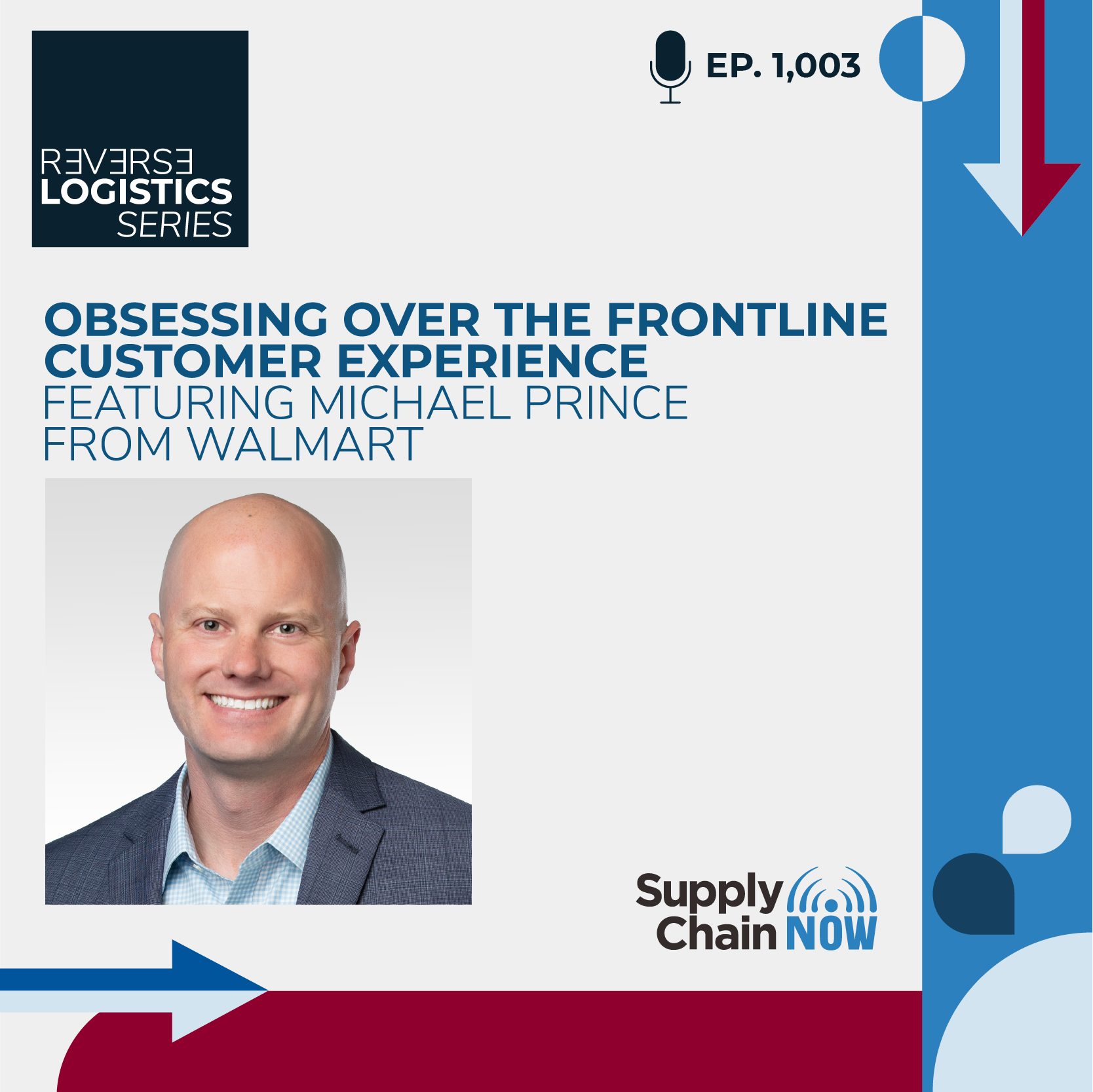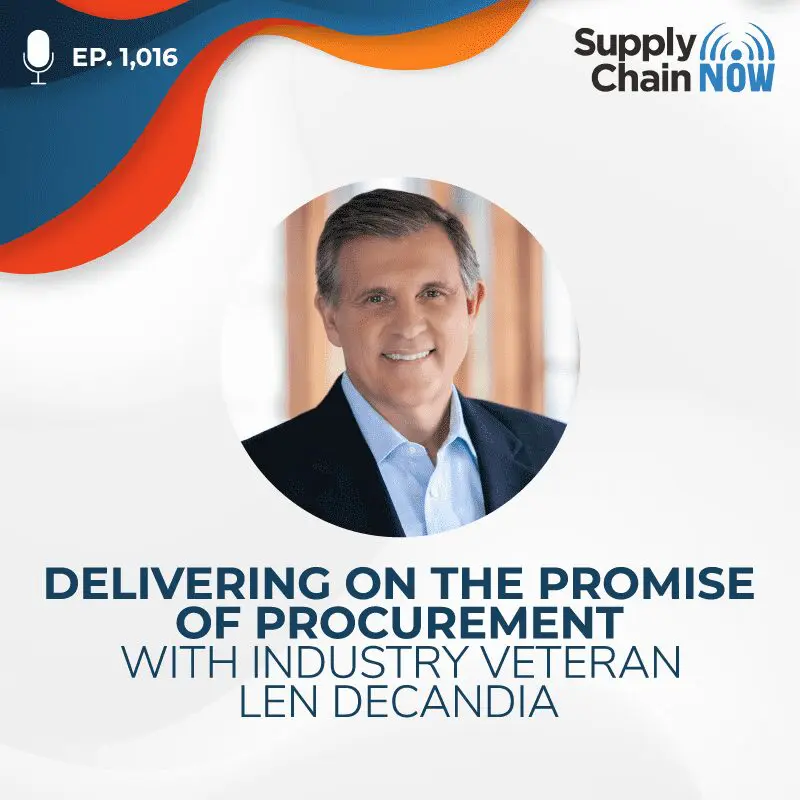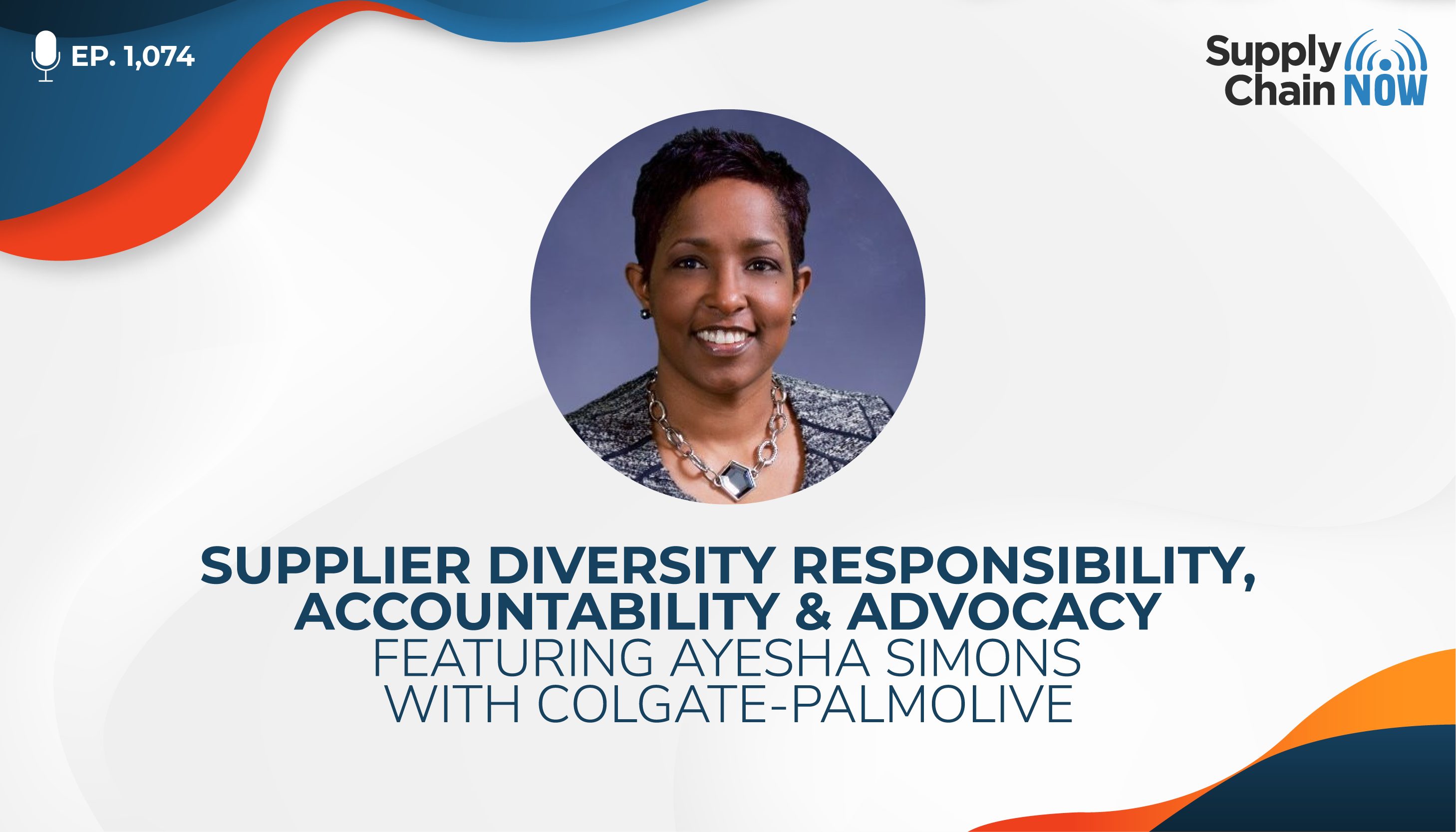
In order to meet our supplier diversity goals, we need to build a shared sense of responsibility and accountability across the organization. Before we can embed supplier diversity in the culture, we need to identify the key behavioral changes that we want people to adopt.
- Ayesha Simons, Director of Supplier Diversity at Colgate-Palmolive
Episode Summary
There has been an explosion of new supplier diversity programs created over the last few years. While this is an exciting trend that brings new minds and energy to the movement, in some cases it may overshadow programs that have been in place for decades. These companies were committed to connecting with traditionally underrepresented communities long before it was a common practice.
Colgate-Palmolive is home to one of these longstanding supplier diversity programs. Now led by Director of Supplier Diversity Ayesha Simons, the program has been in place for over two decades. It is tasked with creating diverse community representation among the suppliers that the company does business with.
In this interview, Ayesha joins co-hosts Scott Luton and Kelly Barner to talk about the vision, business drivers, and continued evolution of Colgate-Palmolive’s supplier diversity program:
• How consumer sentiment and expectations provide supplier diversity programs with the incentive to continue challenging themselves
• The relationships that Ayesha and the rest of the Colgate-Palmolive team have to build inside and outside of the company for their supplier diversity vision to become reality
• Some of the challenges that remain for supplier diversity to continue growing – and expanding globally in some cases – despite other pressing corporate initiatives
Episode Transcript
Intro/Outro (00:03):
Welcome to Supply Chain. Now, the voice of global supply chain Supply chain now focuses on the best in the business for our worldwide audience, the people, the technologies, the best practices, and today’s critical issues, the challenges and opportunities. Stay tuned to hear from Those Making Global Business happen right here on supply chain now.
Scott Luton (00:32):
Hey, good morning, good afternoon, good evening, wherever you are, Scott Luton and Kelly Barner here with you on Supply Chain. Now, welcome to today’s show, Kelly, how are you doing?
Kelly Barner (00:41):
I am doing great, Scott. I’m always glad to be here.
Scott Luton (00:44):
Well, it’s always a pleasure. I tell you, I always learn a lot more from conversations you’re part of, so thank you for that. And you don’t give me quizzes afterwards, so
Kelly Barner (00:52):
<laugh>, at least not on camera
Scott Luton (00:54):
<laugh>, that’s all right. So, but today, as you know, I’m really excited about this great show, big show we got teed up. We’ll be speaking with a global business leader, doing big things in a really a variety of ways, but especially from a supplier diversity standpoint. Great conversation. We got teed up, right?
Kelly Barner (01:10):
We do. And, and this is a topic, you know, we get the opportunity to cover a lot of procurement and sourcing things as, as part of the supply chain now programs. But supplier diversity is one of those programs just like risk that has really thrust our discipline into the spotlight. So I love getting to hear from practitioners and leaders that are dedicated to these programs.
Scott Luton (01:30):
Well said, well said. Really appreciate the work you’re doing at Dial P for procurement, bys, meeting point, order, procurement, you name it. And this is gonna be a great conversation. So, with no further ado, I wanna welcome in our, our featured guests, rock Roll star, Ayesha, uh, Simons, director of Supplier Diversity with Colgate Palm Mall Company. Ayesha, how are you doing?
Ayesha Simons (01:50):
I’m doing great today. Thank you Scott, and thank you, Kelly.
Scott Luton (01:54):
Well, thank you a, a as busy as you are. I appreciate you carving some time out. Um, and I’m really excited, really enjoyed the pre-show conversation, and I think we’ve got, uh, really an intriguing hour teed up here today.
Ayesha Simons (02:09):
Great. I’m ready.
Scott Luton (02:11):
So, <laugh>. All right. I think ev everybody’s, uh, some folks are born ready, and I think Aisha Kelly is one of those folks. So, uh, with all of that said, I wanna dive in first. Um, and we’d like to get to know our guests, uh, initially here at Supply Chain now. And I wanna start with, Hey, Aisha, where did you grow up? You know, give us, uh, give us little stories about, uh, your upbringing.
Ayesha Simons (02:34):
Okay. I grew up in Queens, New York. I am the middle child of three and, uh, you know, very, uh, wholesome middle class, uh, background. But I actually graduated from high school in Miami, Miami, Florida. So when I was in the ninth grade, we, uh, relocated, uh, to Florida. And, uh, I graduated from high school there, um, in, we lived in Miami, Carroll City. And, uh, from my childhood and, and, you know, finishing high school, I, uh, decided to major in chemical engineering. I was always interested in science and math. That was, you know, kind of a no-brainer for me. And, but I didn’t really know that much about engineering. So, uh, when I was in 11th grade, my chemistry teacher, which was one chemistry, was one of my favorite subjects. He was like, well, what are you gonna do when you graduate? And I said, well, I’m gonna major in chemistry.
Ayesha Simons (03:32):
And he said, well, you know, do you wanna be a high school, uh, teacher? And I said, no, I wanna, like, you know, I wanna work with chemicals. And he said, well, why don’t you go and talk to the guidance council, a guidance counselor, and explore some other opportunities to use a, you know, that focus on chemistry. He said, because I think you can do more than just major in chemistry. So I started, you know, just at that time we didn’t have computers, so I, you know, went to the library, you know, uh, got some books and I stumbled across chemical engineering. And it’s so interesting how I chose my major because it’s kind of summed up my career. I really chose chemical engineering because it was a challenge. There weren’t not many women in that field. There were not many black women in that field.
Ayesha Simons (04:24):
And, you know, it really struck me as something that I was interested in. And also, at that time, in 11th grade, uh, I had the opportunity to go to Washington, DC uh, with our social studies, uh, class. It was, it was called Close Up. And you got to see, you know, tour the government, co tour the capital, see the, all the different branches of our US government at the time. And while I was there, I visited the Howard University campus, fell in love with it. And so when I saw that they were offering the major of chemical engineering, to me, that just kind of cemented the deal. So it was very interesting when I explained to my parents that I wanted to major in chemical engineering, neither one of them, like, what is that? And I tried to explain it as best I could, <laugh>. Um, but you know, they, they, they didn’t quite get it.
Ayesha Simons (05:12):
And, uh, so I started it at, uh, Howard University, majoring in engineering. And, but it was interesting because I was one of the few, uh, folks that actually were able to have an internship after my freshman year, uh, in college. And I was working at a plant, a ba, B a s F plant in Burlington, New Jersey, uh, in the middle of nowhere, <laugh>, I mean, Burlington’s probably more developed now. Uh, and at that time, this is the 1980s, and not really, like, I think I was like probably one of the few female in females in the building. And, you know, the environment was very male dominated, you know, very, um, a little bit rough. And so I came back from that experience, and I remember sitting down with my, um, advisor and I said, I need to change my major. And he is like, why? And I said, I can’t do this.
Ayesha Simons (06:08):
I can’t work in a chemical plan. I can’t be around that environment. And he said, you know, there are so many different options available and open to you as a chemical engineer. You know, you don’t have to work in a chemical plant. You can use your in, you can use your background to go into many different things. And, you know, that discipline and the approach to problem solving is what the advantage of majoring in chemical engineering. So I stuck with it, thankfully, and I, I, I, I, you know, follow through on that advice. And I come back to that many times over the course of my career and how I can take this discipline, problem solving approach to solve many different types of problems, not just problems associated with the manufacturing of, of chemicals.
Scott Luton (06:54):
All right. Aisha, I love what a, what a outstanding story to start off with. So many questions, so little time. Um, I’m wanna go back and Kelly, I wanna get your take on something. She, a couple things she shared there, but I wanna go back cuz when you initially were talking about your, um, high school, uh, teacher, I think it was, yes. Um, I thought you were gonna go to a different direction where he was demotivating and this, uh, discouraging you, but you actually, uh, as I listened little le more, he believed you could do a lot more. And, and what don’t we all need empowering people like that in our, in our lives. Which, what, what was that teacher’s name, do you remember?
Ayesha Simons (07:31):
Oh, I think it was Mr. Spencer. And he was the high school chemistry teacher. And I don’t know if schools still do this, but they have like pep rallies, like before the foot football game. And he was just a really quirky guy. And he would, um, as part of the pep rally, he would, uh, create our colors were orange, black and white. And he would actually in beakers create colors smoke that was orange, black and white <laugh>. And that was the, that, that was the feature of our pep rallies. And he was, you know, he just had a fun, um, just way of talking about science. So, you know, I already love science, but I loved it more. And so coming from him and that advice from him, I think it was a very trusted source and it was a source that I looked up to. So you’re absolutely right. It was great that he empowered me to push myself, uh, further.
Scott Luton (08:27):
Love that. And, and quick shout out, uh, Ms. Bowen, Ms. Woods and Ms. Beckham were three instrumental science teachers. And, you know, uh, my daughter, my kids love their science teachers. So man, these are important people in our journeys. Um, thank you for sharing Aisha. And big thanks to Mr. Spencer. Hey Kelly, really quick, uh, cause I’m gonna a, I’m a, uh, on a lesser important note, I’m gonna a, you know, Queens and Miami. My, my food brain is, is moving. But Kelly, when you heard Aisha discuss the environment, you know, being one of the few women, uh, in programs or in plants or what have you, what, you know, can you relate to that? Any, any thought you wanna share there?
Kelly Barner (09:05):
Well, I can certainly relate to being one of the few women. I mean, I think there are a lot of women in procurement, a lot in supply chain, but still not so many that there aren’t celebrations of women that especially achieve certain executive levels. I will say Mr. Spencer sounds wicked cool. That’s the biggest compliment that I can give to anybody. But the other thing I, Aisha, I have a feeling we’re gonna hear as we go through this conversation and get into the work that you’re doing now, the fact that you have this chemical engineering background to work at a company like Colgate, Palm, olive, the authority and the influence that must give you, even for things not directly related to r and d or engineering. I can’t wait to hear how that part of your background played out over time.
Scott Luton (09:49):
Yeah, well said, Kelly. Okay. So before moving to Colgate, Palm Olive, for the two people that may be unfamiliar across the globe with that organization, uh, two quick questions. So one more, much more serious. You know, Aisha, if you could speak succinctly to our listeners that are really relating to that journey, they’re fighting against odds, they’re doing things outside their comfort zone, they’re may be in rooms or offices or plants with more folks that, you know, that don’t parallel their journey or their walk of life, what’s one short piece of advice that you would offer them?
Ayesha Simons (10:23):
Yeah, I think it’s important that throughout your career that you really push yourself to try new things and to take on, uh, those, you know, take on those things that may be outside your comfort zone and that could help you, you know, expand and, and, and continue to grow throughout your whole career.
Scott Luton (10:45):
Love that. You know, I’ve heard it said time and time again, you know, blessed are the volunteers. Cause, you know, organizations and projects and initiatives le um, benefit so much. Um, charitable initiatives benefit from so much from folks to that. But the folks that raise their hand, to your point, their journey and themselves will benefit from, from, uh, doing more and getting outta your comfort zone and, and learning that way. So thank you so much for sharing Aisha, and I love that story. I th I know Kelly and I probably could spend the next three hours on that, uh, on the front end of your story here. But let’s talk about Colgate, Palm, olive, the organization in a nutshell. I know it’s a really big global enterprise, big brand, uh, and also what you’re doing now. Can you share more?
Ayesha Simons (11:26):
Yes. So Colgate is a 17 billion consumer product, global consumer product company. And our vision is, you know, we are a caring, innovative, growth company, reimagining a healthier future for all people, pets and our planet. And that’s something that each and every Colgate employee feels very strongly about. And that’s also reflected in, you know, other initiatives that are important within the company, whether it’s our global D n I strategy, which supplier diversity is one of the pillars within that strategy or our sustainability strategy. These are all key, uh, um, you know, uh, areas of strategic importance to us as a company and everyone within the organization, you know, is expected to support these and help to drive it forward.
Scott Luton (12:19):
Mm, wonderful. And let’s, um, let’s level sit a little bit, right? Um, you know, as Kelly knows, we’ve had a so many of these conversations and, and in other areas of, of supply chain, you know, these, all these terms and phrases, uh, like supplier diversity, we know so often what they mean, and there’s some common themes to how, uh, organization, organization leader to leader approaches it. And then there’s some really big differences. So can you give us an overview of the, of your supplier diversity program, uh, at Colgate Palm Olive?
Ayesha Simons (12:51):
Sure. So our supplier diversity program at Colgate dates back over, uh, 20 years. And, you know, it, it’s, it’s been primarily a UA space, US based program. And the real purpose behind that program was making sure that we were, um, bringing diversity to our supply chain and that we were providing, um, equal opportunity across our supplier partnerships so that we had good representation, uh, not only just in terms of the people that work for Colgate, but also the the business partners, uh, that we do business with. And, uh, when I came into this role, I’ve been in this role, uh, this is my third year in this role. It was really a reinvigoration of our supplier diversity program because it’s now part of our global de and I strategy, and we wanted to be able to take our program to the next level. So when we look out into the future, you know, into the near future, which is 2025, I can’t believe 2025 is almost, uh, right around the corner. <laugh>, you know, we set aside, you know, some clear goals that we wanted to have for our program, but one of those goals was to take it beyond just the US focus that our program had been, and make it more of a global based program, which we’re not unique in that many other com uh, companies, uh, that similar to Colgate are doing the same thing.
Scott Luton (14:17):
Yeah. Um, Kelly, I wanna get your quick comment before, uh, you move on to the next segment of the interview. I mean, Colgate Palm is not a Johnny come lately. They’ve been, uh, I know part of versus all the rage now, but they’ve been doing this for more than 20 years as, uh, uh, Aisha said that’s really important to have those early movers, huh?
Kelly Barner (14:34):
Oh, it’s incredibly important because in many ways they lead the way. And yet Aisha, I’m sure some of what you’ve seen in your three years in this role, or I guess you’re starting your third year, is that it’s a program that continues to reinvent itself. As objectives change, as strategies change, as consumer expectations change, it’s not like figuring out a framework and then you just sort of march that path forward tracking the same things. It’s, it’s an area that continues to evolve and there’s a lot of innovation within supplier diversity.
Scott Luton (15:06):
That’s a really quick comment, if I could there, uh, you mentioned a consumer that’s a great call out because Aisha and Colgate Palm Olive was doing this before the consumers demanded it in this current environment in many ways. Yes. So what a great, uh, call out there, Kelly. Um, so where are we going next, um, with Aisha?
Kelly Barner (15:25):
So we’re actually gonna talk about a little bit of where the rubber hits the road on supplier diversity, and that’s within procurement and sourcing. So Aisha, I would love to hear a little bit how the teams within Colgate Palm Olive that are making decisions about which suppliers to work with, how they have opportunities to connect with diverse suppliers, and how that works as they walk through the sourcing process.
Ayesha Simons (15:49):
Great. Uh, so, uh, as a leader in supplier diversity, I am actually part of, uh, uh, Colgate’s Global Procurement Leadership team. So I report directly into our chief procurement officer, but, uh, you know, it’s, it first starts with procurement, but we work very closely with our business partners within Colgate to bring sup, uh, diverse suppliers, uh, partnerships and create those diverse supplier partnerships within the organization. So, uh, the responsibility that global procurement, the, the global procurement team has is really in helping to identify those, uh, diverse suppliers. We go to, uh, supplier diversity fairs. We have, uh, partnerships and relationships with third party advocacy agencies, like the National Minority Supplier Development Council, or the Women Business Enterprise National Council. And there’s similar ones for, um, uh, the disability, uh, disability owned businesses, as well as veteran-owned businesses and l lgbtq. So we participate in a lot of those advocacy organizations, and they’re, they’re a great partner because they help give us access to who these, uh, diverse suppliers are.
Ayesha Simons (17:06):
And then we also do individual, um, uh, our own activities within Colgate, where we actually invite, uh, diverse suppliers in. We have through, through, uh, diversity fairs, uh, that, um, bring diverse suppliers in direct, uh, communication with, uh, business partners, stakeholders internally. And then we also, um, you know, our, our meeting with our business partners to understand what their needs are and what sort of suppliers that they’re looking for. Uh, so we, you know, we help make that connection. And so we play a lot of connecting one party with another party, uh, sort of activities. And that’s a, a key key role that, that our, uh, global procurement team, uh, plays.
Kelly Barner (17:54):
And if that sounds like a ton of work, Scott <laugh>, uh, Aisha is sharing exactly what every procurement team and every supplier diversity manager or director is dealing with. It is a lot of work. It’s already a lot of work just funding any suppliers qualified to provide a product or service or material. But then with that additional requirement, it, it does have to be a work of passion because there’s a lot of effort. You have to look in a lot of different places. Um, I show once a
Scott Luton (18:23):
Diverse Kelly, if I could really quick, uh, just despite the football in that point, because, um, when I back in my metal stamping days, I had a former colleague that led supply chain, Alan, aka the Hawk <laugh>. And if he’s listen, he’ll know that he’ll remember that nickname. But to your point, it is so challenging to find, uh, to find good suppliers, veno, build those relationships, and then take, to your point, taking a step further and give all sorts of oppor, um, of, uh, businesses and opportunity to earn, earn business and do good business. So what a great, uh, important point for our listeners to pick up on. Thank you, Kelly.
Kelly Barner (19:00):
Absolutely. And, and let’s actually stay with what you mentioned, Scott, which is relationships. So Asia, once a diverse supplier is selected for contract, what does their journey or partnership or relationship with the procurement team and Colgate, Palm Olive as a company look like from there?
Ayesha Simons (19:18):
Yeah, so I’m glad that you’re talking about relationships, cuz that’s really been a key focus, um, over the last several years within procurement is, you know, really enhancing and nurturing those supplier relationships that we have to really understand the value that, um, you know, our supplier partners bring to the equation and how we can work together not only to, uh, help that business grow, but also their, you know, the value that they offer helps Colgate meet our strategic objectives. Whether it’s for innovation, whether it’s for sustainability, whether it’s for, you know, cost effectiveness, uh, flexibility in our supply chain, risk management. I can keep going down the list of all the different, um, roles that, uh, our different supplier partners, uh, can, can help us play. But, you know, getting back to your original question on, you know, once we have that supplier partner, what, uh, what do we do within Colgate to help nurture that relationship?
Ayesha Simons (20:18):
And when it comes to whether you’re a diverse supplier or or not diverse supplier, that relationship is key and understanding, you know, uh, through we, we have, we hold quarterly business reviews. We hold top to top meetings, we hold other key, uh, type, uh, sort of meetings to make sure we’re understanding not only, uh, how things are operating with the current business that they’re providing, but one of the things that we do in particular for, uh, diverse suppliers is we hold diverse supplier forums. And those diverse supplier forums allow us to again, connect the diverse supplier directly with the business partners so that they understand, okay, this is the business that the diverse supplier is doing with us today, but they also have these additional capabilities. This is additional value that they can offer Colgate, uh, you know, as a business partner, is this something that’s of interest to you? And that, and those sort of conversations has actually led to an increase in business for our diverse suppliers, uh, so that their capabilities that many of our business partners may not be aware of, uh, they’re, we’re now able as a company to tap into that. And so I’m, you know, these diverse supplier forums are something that we have done in the past. We recently reinvigorated them, and it’s something that we’re gonna continue to do in the future because we definitely see some value in that.
Kelly Barner (21:49):
Now, you talked about the business partners, and if I can just ask a follow up on that. You know, we certainly know your role. We know procurement’s role in facilitating these connections. We know the diverse suppliers certainly want the opportunity of working with Colgate Palm Olive, but procurement doesn’t usually get to make the decision about which suppliers are selected. So those decision makers in the business are absolutely essential to the company as a whole, hitting its targets and achieving its vision. Can you talk a little bit about how ownership and responsibility and the, the driving vision behind supplier diversity is distributed in the organization so that everyone plays a role and understands how important that is?
Ayesha Simons (22:33):
Yeah. Uh, that, that is so key, and that’s something that we’ve really been working to ramp up over, uh, these last two years with our business partners so that they understand that we have a supplier diversity program that our supplier diversity program has been around for over, uh, uh, two decades. And that it is part of our new, uh, global D E N I strategy, and that there is a role that our business partners can play with regard to that. And, uh, you know, we do that by meeting with the functional leader, you know, um, you know, whether it’s, you know, say the legal team or it’s, uh, the marketing team, or whether it’s, uh, the finance team or, uh, oth other parts of the organization. And we meet with that team and take them through the strategy, uh, the, you know, our global D N I strategy and how, and our, and also our supplier diversity strategy.
Ayesha Simons (23:25):
We also review their portfolio of suppliers and, uh, like where their supply base is coming from and where, where diverse suppliers fit within that supply base. And then we actually talk through opportunities on how we can expand, uh, uh, the, the inclusion of diverse suppliers within, into their particular mix of suppliers. And in many cases, uh, it’s a learning opportunity for our business leaders and business partners within the organization to realize that there are, there may be already diverse, uh, suppliers that they’re doing business with, or that there are opportunities for them to, uh, consider and include as part of, um, you know, the decision making process, diverse suppliers that they hadn’t, uh, considered before.
Kelly Barner (24:18):
You know, Scott, it makes me think, I think this is from the office, is a, B, C always be closing. Is that from the office?
Scott Luton (24:25):
<laugh>?
Kelly Barner (24:26):
Because doesn’t that sound like what Aisha is saying? When, when we’re trying to bring in diverse suppliers, always be closing? Yes. When we’re going through the sourcing process, always be closing. Okay. When we’re winning over distributed decision makers, always be closing <laugh>.
Scott Luton (24:39):
Now, I think that is Glen Gary, Glen Ross, which is one of the best, um, sales movies of all time, perhaps let, let’s say movies where Coffee’s for Closers, put that coffee down, put that coffee down, coffee’s for closures, Aisha and Kelly. Um, but kidding aside, what a great, um, Aisha really appreciate how, I mean, um, I got the impression that you and the Colgate Palm Oil team is very transparent when it comes to, um, these, these initiatives and issues of our time supply chain and otherwise. And I really, this is like a masterclass Kelly in, in how to conduct and, um, uh, and, and there’s no finish line. You know, they’ve been doing it for, for a couple decades. There’s no finish line in improving and optimizing, you know, to really create opportunities for all. But Kelly, I don’t, um, you got me going with the office reference, so thank you,
Kelly Barner (25:28):
<laugh>. Sure. And you know, we talked about the fact that supplier diversity is a philosophy and a program that continues to evolve. And so even for all the successes that you and your team have had at Colgate Palm Mall of Aisha, I’m sure that there’s more you want to do. Are there any challenges that you and your team and the company as a whole are facing now that you can share with other leaders and teams that might find themselves in similar situations?
Ayesha Simons (25:56):
Yeah, I would say our challenges, uh, are in a couple of areas. Uh, you know, we’ve given ourselves, uh, some really stretch goals in terms of how we wanna grow our spend, um, particularly within, you know, um, from a US point of view, we’ve given ourselves goals that I think I mentioned in terms of how we wanna expand our program globally. And, uh, you know, in order to meet those goals, you know, it’s really being able to, um, continue to, uh, build a shared sense of responsibility and accountability across the organization. And, you know, it’s, it’s really about embedding it also within our culture. And so, like, if I put my change management hat on, you know, if you’re, you’re going to embed something in the culture, it’s really about what are those key behavioral changes that you want people to adopt? So there’s a lot of advocating that, um, that advocacy that’s necessary, not only internally, but also externally.
Ayesha Simons (26:58):
Because if we’re able to identify and, and open up our, um, internal business partners to wanting to work with, uh, diverse suppliers, then we also need to be able to identify who those diverse, uh, suppliers are. So, and, and, and that can be a challenge as well. Uh, but that’s where leveraging our partnership with some of the, um, uh, third party advocacy agencies that I mentioned is so critical because those organizations, they’re helping to tackle some of those challenges. So for instance, for diverse suppliers, you know, having access to capital, having access to continue to grow your business and maintain your, um, diverse owned status is, is really critical. And, you know, it’s, it’s a unique challenge that diverse suppliers have because any other business, you know, that’s not diverse, they can go get their capital from wherever. They don’t have to worry about, uh, if I go and, you know, um, um, sell off part of my equity, this could now change my right, you know, this can now change my ownership so that I’m not, no, I’m no longer primarily, um, diverse owned.
Ayesha Simons (28:14):
So these are, these are some of the, the, the challenges externally through our, through, through these organizations that I mentioned that we’re trying to work together to come up with some solutions on, you know, having feeder funds that allow, uh, businesses to continue to grow, uh, you know, diverse on businesses to continue to grow. And, and, and also to be able to not have some of those limitations that we talked about before. And also be able to push into areas where companies like Colgate and other corporations like ours, we need more diverse owned manufacturers. You know, we, we, we need, there, there are, there are several categories and areas where the representation is not high, and we would love to have more diverse owned business partners in those spaces. Uh, so, so when you talk about challenges, there’s those external challenges. And then also from an internal, you know, just, um, tra uh, changing the culture and adopting a new way of shared accountability and responsibility as it relates to supplier diversity across the organization.
Kelly Barner (29:22):
And I think the, the good thing about those challenges, Aisha, is I listened to talk about them. I, I hear a lot of companies talk about those same things, but what an exciting business challenge. I mean, yes, there are challenges that need to be addressed, but there is so much upside associated with each of those incentivizing, uh, new people and communities to get into areas like manufacturing or, oh my goodness, access to capital and the, the unique challenges of moving global. There is so much to be done. It’s almost like we need to deliberately pull in some entrepreneurial minds, right? <laugh>, this is, supplier diversity is a huge opportunity and an exciting business challenge to be able to work towards solving.
Scott Luton (30:02):
Well said, Aisha and Kelly. And, you know, one quick note, y’all, uh, mentioned it and, and, and certainly implied it, uh, throughout your conversation here is the onboarding, right? It’s, it’s, it’s not enough to identify, engage, get ’em, um, uh, introduced into the pla you know, the, the powers that be within organizations. But I’ll tell you from personal experience, um, onboarding can be very challenging, right? Both when I was in manufacturing and, and, and today as the digital media platform. So, um, Kelly, uh, as much as I enjoyed, and we’re gonna have to have, I should come back for more stories on the front end of, of the conversation, we are interested, you and I are interested in, in, in some success stories when it comes to supplier diversity at Colgate Palm. So Aisha, uh, anything come to mind there?
Ayesha Simons (30:53):
Yeah, I mentioned earlier the diverse supplier forums that, um, we, uh, have been holding, and I highlight that as a success story. Uh, at the end of 2021, we had, uh, several, uh, meetings on our indirect procurement side, which is more the services side of the business, as well as on the direct, uh, side, which is both, uh, raw material and packaging material side of the business. And those, uh, di diverse supplier forums that we had with some of our key existing diverse suppliers. When we looked at the spend that we were doing with those businesses in 2022, we actually saw a huge increase in, uh, the, the spend that we were doing with those participants in those supplier forums, you know, where it, it, it could have been a 50% increase, or it could have been a 200% increase. And, you know, I call that a significant win.
Ayesha Simons (31:50):
And so th it’s definitely something that we have, um, you know, continued through 2022, and we kicked off the year in 2023 as part of our, uh, beginning of the year goal setting where we actually invited to, uh, diverse suppliers, uh, to come in and speak directly to our procurement and, and, and, and to our business stakeholders. And so we’re hoping that that also leads to some increased opportunities for those existing diverse suppliers as well. So I ca I count that as a big success that, you know, we are definitely, it’s something that’s working within Colgate, uh, and, and really helping us to facilitate that, those, um, connections as well as leading to, you know, uh, you know, opportunities that we can count, uh, in, in terms of increased partnership and, and increased, uh, spend that we’re doing with those, uh, businesses.
Scott Luton (32:44):
Yep. Kelly, wanna get your quick comment? I, I love that Aisha and Colgate, Palm Olive are investing in those opportunities, those forums, those meetings to connect, help, help folks connect the dots. That is really, again, early movers market leadership. That’s, that’s one of the themes here. Your thoughts, Kelly?
Kelly Barner (33:02):
Well, I think it’s incredibly important to give those diverse suppliers a platform. You know, procurement and companies can learn so much from their supply partners, but usually that’s about the product or service that they sell and how it fits into the operation. Listening to them talk about the program, to your point, Scott, the onboarding or maybe insurance requirements or maybe improve even the sourcing and selection process in a way that can benefit other diverse businesses and help the program grow. What an amazing opportunity. I wish more companies did that.
Scott Luton (33:33):
Yeah, agreed. Completely agreed. So I’m, uh, um, again, uh, Aisha really, uh, appreciate, uh, leaders that, uh, deeds not words is a phrase we talk about a lot here, uh, in a weird way, I guess talk about, but it’s all about action, right? Yeah. Lip service, leadership, man, uh, ever. We’ve all had enough of that. It’s all about action. Um, okay. So on that note, if you can, you know, without, uh, without having to kill us, if anything you can share about your plans for 2023 and beyond, as y’all continue to grow, uh, the supply diversity programming and the, the greater d e I programming at Colgate Palm Olive.
Ayesha Simons (34:12):
Yeah. I think, uh, for this year there’s gonna be a big f focus on, um, how do we evolve and really cement this into our organization from a change management perspective. Uh, we talked about this earlier in just some of the challenges in, in, you know, spreading the responsibility beyond the procurement team and having more, uh, ownership by our business partners. And I see that as part of our journey, and that’s something that we’re gonna continue to push. Uh, we’re going to look to, uh, involve more of our senior executives to act as advocates to help with that push. Uh, which I think is go, you know, gonna be really important. We’re not at the point yet where we have embedded it into individual’s goals, but, you know, we do have de and i goals that, um, we’ve asked each individual to bring into their individual objectives for the year. Uh, and so we’ve, we’ve left it broad in, in terms of that, in, in terms of that standpoint, but we haven’t like, gotten to the point where you said, okay, you know, if you’re part of this team, this is your supplier diversity goal for the year. So we’re gonna continue to, um, as I said, to, to build our advocacy internally, driving awareness and understanding on how our business partners can take the lead and, and move forward, uh, to help, you know, drive to achieving our supplier diversity goals overall.
Scott Luton (35:44):
Hmm. Uh, Kelly, your quick comment there.
Kelly Barner (35:46):
Sure. Uh, and Aisha has actually mentioned this several times, but measurable targets, right? It’s, it’s wonderful to say from a visionary standpoint, we want to do more, we want to do better, we want to go faster. But if you don’t have those numbers and those targets so that people can baseline and then compare their progress, it’s gonna be very hard to actually increase that impact. So, super important approach there.
Scott Luton (36:10):
Love that, uh, kind of inspect what’s you expect, as I’ve heard, put a thousand times <laugh>. Um, all right. So Aisha really have enjoyed your perspective here, and we wanna to have you back. Um, uh, we got, uh, we jumped into supply diversity and thought leadership and some of the great things you’all doing there. There’s so much more to your story. Uh, and we’re gonna bring you back maybe, uh, maybe go through, you’re an agent next time, uh, to dive deeper into that. But, uh, Isha, how can folks learn more about all the cool things y’all doing at Colgate, uh, Palm Olive.
Ayesha Simons (36:39):
Uh, the, the how, how they can learn, uh, is they can go to the Colgate, Colgate Palm Olive website. Uh, there’s information there, uh, that shares our global D E N I strategy. There’s information there that, uh, shares our sustainability story and, and strategy. And as I mentioned earlier, supplier diversity is part of our global de n I strategy, but we also, um, report up through sustainability as well. So you can get information on our reports, uh, on the website, but you can also get information on our supplier diversity program. Diverse suppliers, uh, can, uh, get access to our supplier registration portal that we have set aside just for diverse suppliers that, um, our, all of our procurement team uses and uses that registration portal as an easy way of tapping into diverse suppliers, uh, who may have capabilities that, that, that, that, that we need to tap into.
Scott Luton (37:37):
Love that, uh, and really have enjoyed your perspective here today. Big thanks to Aisha Simons, director of Supply Diversity with Colgate Paul Maloff Company, Aisha. Look forward to reconnecting with you again soon.
Ayesha Simons (37:49):
Same here. Thank you.
Scott Luton (37:51):
You bet. All right, Kelly, uh, I’m gonna give you two questions for you, uh, before we wrap, uh, here. Number one, out of all the insights and perspective and experiences and the, and really the journey, uh, that Asia shared with us here today, what was one of your favorite parts?
Kelly Barner (38:10):
I think my favorite part is actually sort of a sum total observation. The level of sophistication that is required in a company this size and this scale. I mean, Aisha even talked about the fact that it’s not just people, it’s animals. So there are lots of different r and d processes, lots of different types of suppliers and all these moving pieces globally to set these targets and make progress towards them and celebrate achievements and learn from maybe falling short where, where there were some targets. I think there is so much going on in these programs that it’s very easy to gloss over from a consumer standpoint. Um, just an amazing job that they’re doing. There is so much that we can all learn from it.
Scott Luton (38:50):
Agreed. Lots of wonderful benchmarking, best practice sharing. And, and folks, uh, if you wanna work, especially if you’re, uh, you’re leading a, a diverse owned business, hey, check out Colgate, Palm, olive. It sounds like there’s a wealth of information, um, there at the fingertips on the company website. Um, okay, Kelly, um, all the cool things I mentioned on the front end that you’re up to, especially in areas of procurement, uh, and, and other aspects of global business. How can folks connect with you?
Kelly Barner (39:18):
I think the easiest place to find me is LinkedIn. Uh, everything that I’m involved in, everything I’m thinking about, pretty much all gets posted to LinkedIn every day. So please connect, please follow me. Please check out my newsletter. It’s weekly, the Procurement buzz. Um, and let me know that you saw this interview, cuz I love to know how people found me.
Scott Luton (39:35):
Outstanding. Well, Kelly Barner really appreciate that and your perspective and and expertise today.
Kelly Barner (39:41):
Absolutely, Scott, it’s my pleasure to be here.
Scott Luton (39:44):
All right, folks, listeners, watchers, viewers, you name it. Hopefully you enjoyed this conversation as much as I have. I’m ready. Running through that door behind us, uh, between Naisha and all of her expertise and her journey, uh, especially the front end, you know, I think we all can draw inspiration from, um, uh, those that encouraged empowered her to do things and to become the, you know, the global business leader. She is today doing big things for other organizations and other business leaders that I don’t know about you, that inspires me. But, uh, hey, uh, if you enjoy this episode, be sure to find supply chain now. Wherever you get your podcast, click subscribe so you don’t miss any conversation, any of these types of conversations. Check us out on YouTube and most importantly, folks, most importantly, Scott Luton and the whole team here at Supply Chain now, challenging you to do good, to give forward and to be the change that’s needed. And with that said, we’ll see you next time, right back here at Supply Chain now. Thanks everybody.
Intro/Outro (40:36):
Thanks for being a part of our supply chain now, community. Check out all of our programming@supplychainnow.com and make sure you subscribe to Supply Chain now, anywhere you listen to podcasts. And follow us on Facebook, LinkedIn, Twitter, and Instagram. See you next time on Supply Chain. Now.
Featured Guests
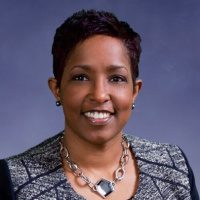
Ayesha Simons is Director of Supplier Diversity at Colgate-Palmolive, where she leads the Project Management team in the company’s Global Procurement organization. In this role, Ayesha spearheads global initiatives that drive Colgate’s growth and efficiency strategies, and expands project management enterprise capabilities. Ayesha also leads the company’s implementation strategy to enable the success of diverse suppliers, a key pillar of Colgate’s DE&I goals. Connect with Ayesha on LinkedIn.
